People
Please note this webpage is no longer updated. Please go to the new website at https://rr.ox.ac.uk/ for the most recent information.
In line with its cross-disciplinary remit, RROx is represented by members from the four academic Divisions of the University of Oxford. Group members span all career stages, from DPhil student to senior professor.
Additionally, representation from the Bodleian Libraries provides liaison with relevant units in Gardens, Libraries & Museums. Research Services are also represented.
RROx Fellows are involved in RROx by leading on specific initiatives.
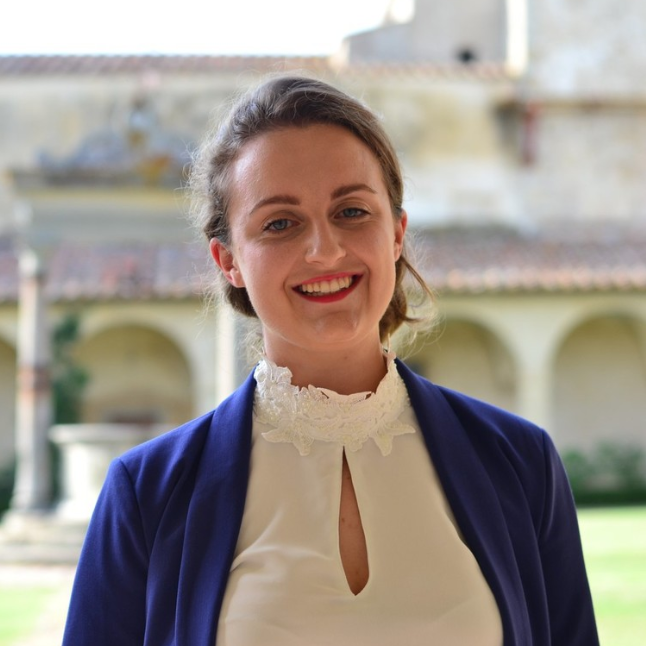
Sarah Ashcroft-Jones
DPhil Candidate in Experimental Psychology
Sarah is studying mechanisms of decision-making and metacognitive confidence judgments with Nick Yeung in the Attention and Cognitive Control Lab. She uses computational models combined with behavioral experiments to understand the integration of uncertainty sources in the decision-making process. She holds a studentship from the Oxford-MRC Doctoral Training Partnership. Sarah is an organizing member of ReproducibiliTea Oxford and is interested in advances and applications of a broad range of open science practices particularly among ECRs and students of psychology.
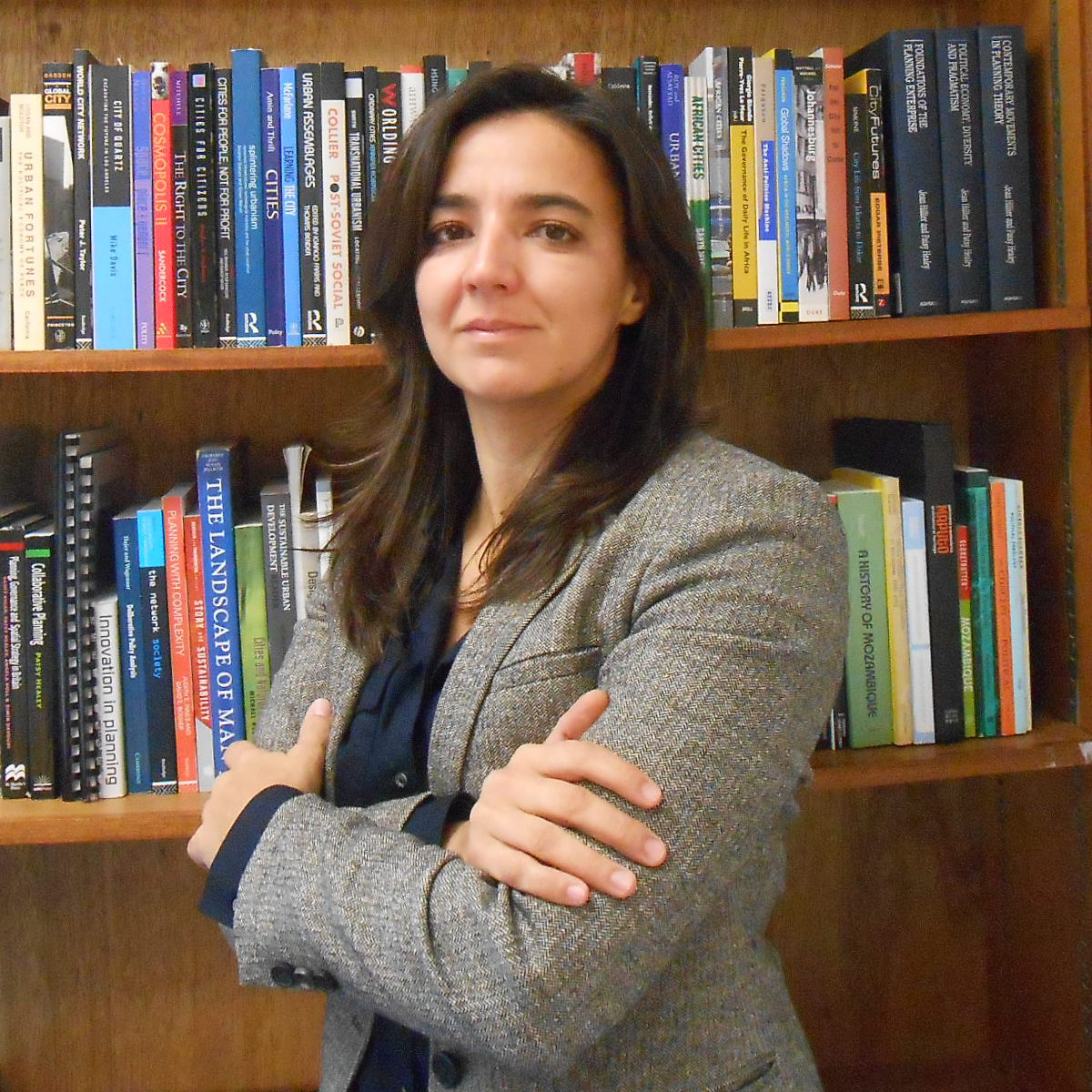

Idalina Baptista
Associate Professor in Urban Anthropology
Idalina Baptista is Associate Professor in Urban Anthropology at the University of Oxford. She is currently the Director of the Graduate School of the Department for Continuing Education, a unit dedicated to supporting part-time graduate students with research training and researcher development activities. Her current research interests focus on the colonial and post-colonial geographies of urban energy infrastructure and urbanisation in African cities.


Manuel Berdoy
University Animals in Scientific Procedures Act Named Training Competency Officer
I am a zoologist, born in France, who has had the privilege to work with animals such as primates in Africa, reptiles in America and seals and penguins in Antarctica. I then moved up the alphabet by moving to Britain, eventually settling in Oxford where I worked with small mammals, the hardest of them all.
My interests, usually within an evolutionary framework, have ranged from animal social behaviour to parasite manipulation but, in the last 17 years, welfare (of animals), design (of experiments), reproducibility (of results) and education (in relevant fields of biomedical sciences).
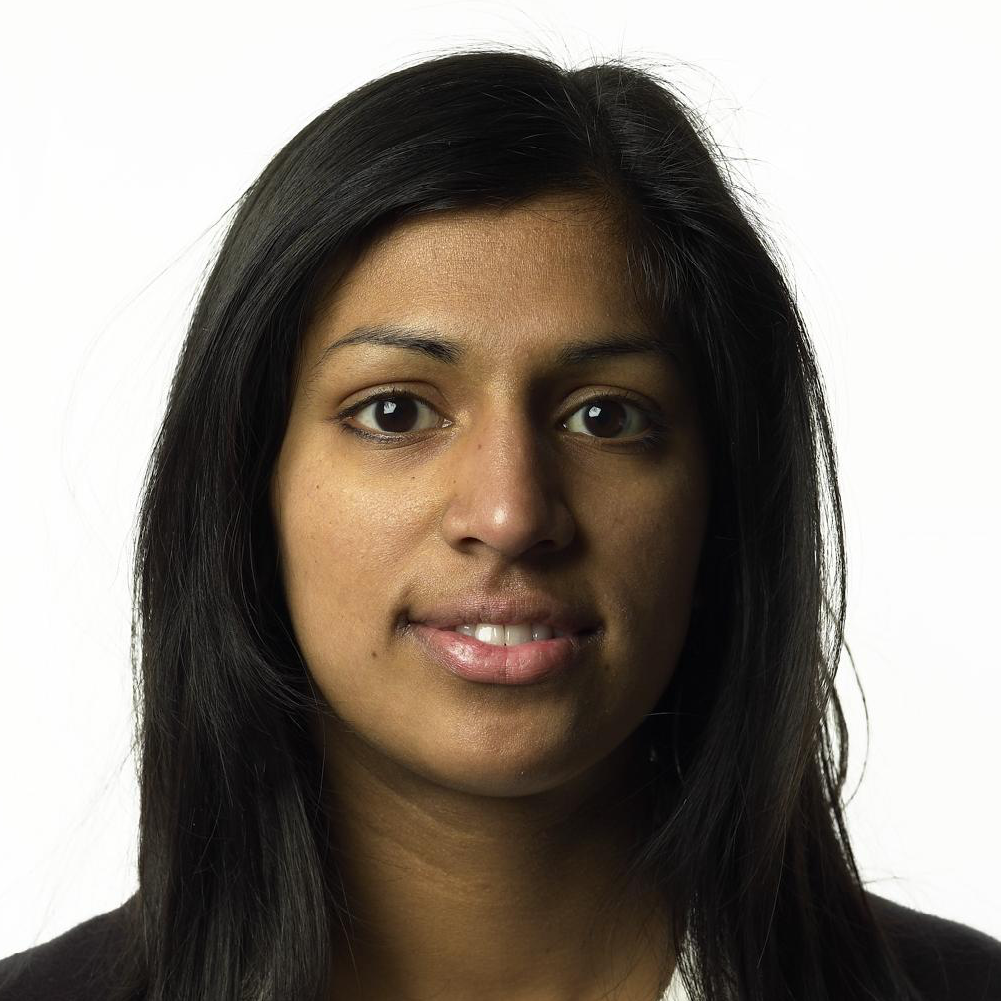

Aruna Bhaugeerutty
Manager of Digital Collections, Ashmolean Museum
Aruna manages the Digital Collections programme and team at the Ashmolean Museum and has been closely involved in the development and implementation of Oxford’s GLAM Digital Strategy. She is currently working on the delivery of the museum’s ambitious strategic aim to digitise 25% of its collections by 2020 as well as overseeing the implementation of new systems for collections and digital asset management. Successful projects include the Ashmolean Collection Online platform and its predecessor Eastern Art Online. Aruna is also a member of the National Digital Taskforce interested in the development of strategic approach to digitisation to enable global discovery of the nation’s collections. Aruna was previously based at Newcastle University conducting interdisciplinary research across the areas of contemporary art, music and cultural heritage on the emergence of sound art as a genre.
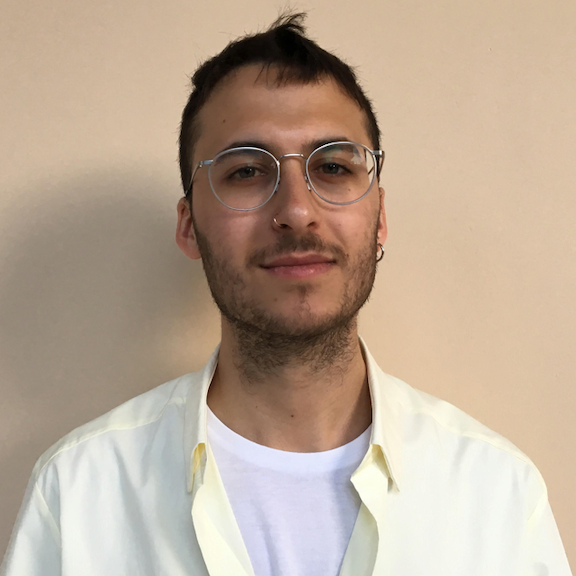
Lampros Bisdounis
DPhil candidate in Clinical Neurosciences
Lampros is a DPhil candidate working between the departments of clinical neuroscience and psychiatry. His work focuses on the mechanisms underlying sleep and circadian disruptions in bipolar disorder. His research is funded by the Oxford-MRC Doctoral Training Partnership and the Nuffield Department of Clinical Neurosciences.

Laurence Brown
Research Technology Specialist
Laurence is a Research Technology Specialist in IT Services at Oxford, with a background in neuroscience (most recently sleep and circadian rhythms). He helps support the electronic lab notebook (ELN) users in the university, as well as advising on data management, interactive computing, and data visualisation.
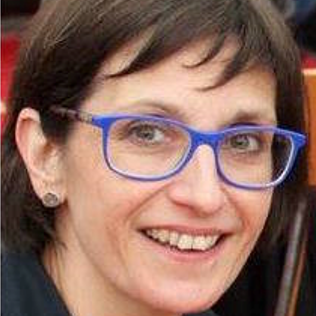

Tanita Casci
Director, Research Strategy & Policy Unit
Tanita Casci is the Director of the Research Strategy & Policy Unit at Oxford.
The purpose of the Unit is to engage with national and international research policy, and to work collaboratively to facilitate research and impact of exceptional quality within a stimulating and supportive research environment.
The Unit’s priorities for advancing research culture are to:
- ensure that research staff are supported in their career development,
- recognise varied contributions to research, both in terms of people and outputs, and
- support researchers to do reproducible and transparent research.
Until September 2021 Tanita was the Head of Research Policy at the University of Glasgow, where she was also the institutional co-lead for research culture and the co-lead of the Lab for Academic Culture. Tanita has a research background in genetics and for 12 years was a commissioning editor in genetics and genomics for the Nature Publishing Group.
Selected articles:
Casci T. & Adams E. 2020. Research Culture: Setting the right tone. eLife.
Casci, T, Padgett, M, Gottlieb, G & Price, D. 2021. The next REF can drive a better research culture. Research Professional News
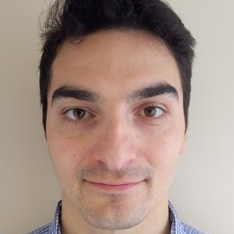
Aaron Ceross
Post-doctoral Research Associate in Regulatory Data Sciences
Aaron is a postdoctoral researcher in the Natural Interaction Lab in the Department of Engineering Science. His work involves the analysis of medical device regulatory information in order to design tools that enhance the efficacy, security, and safety of medical devices, especially those which include software and artificial intelligence. His background is in law and computer science and his research interests cross a wide range of disciplines including natural language processing, machine learning, legal informatics, and privacy and security of information systems.
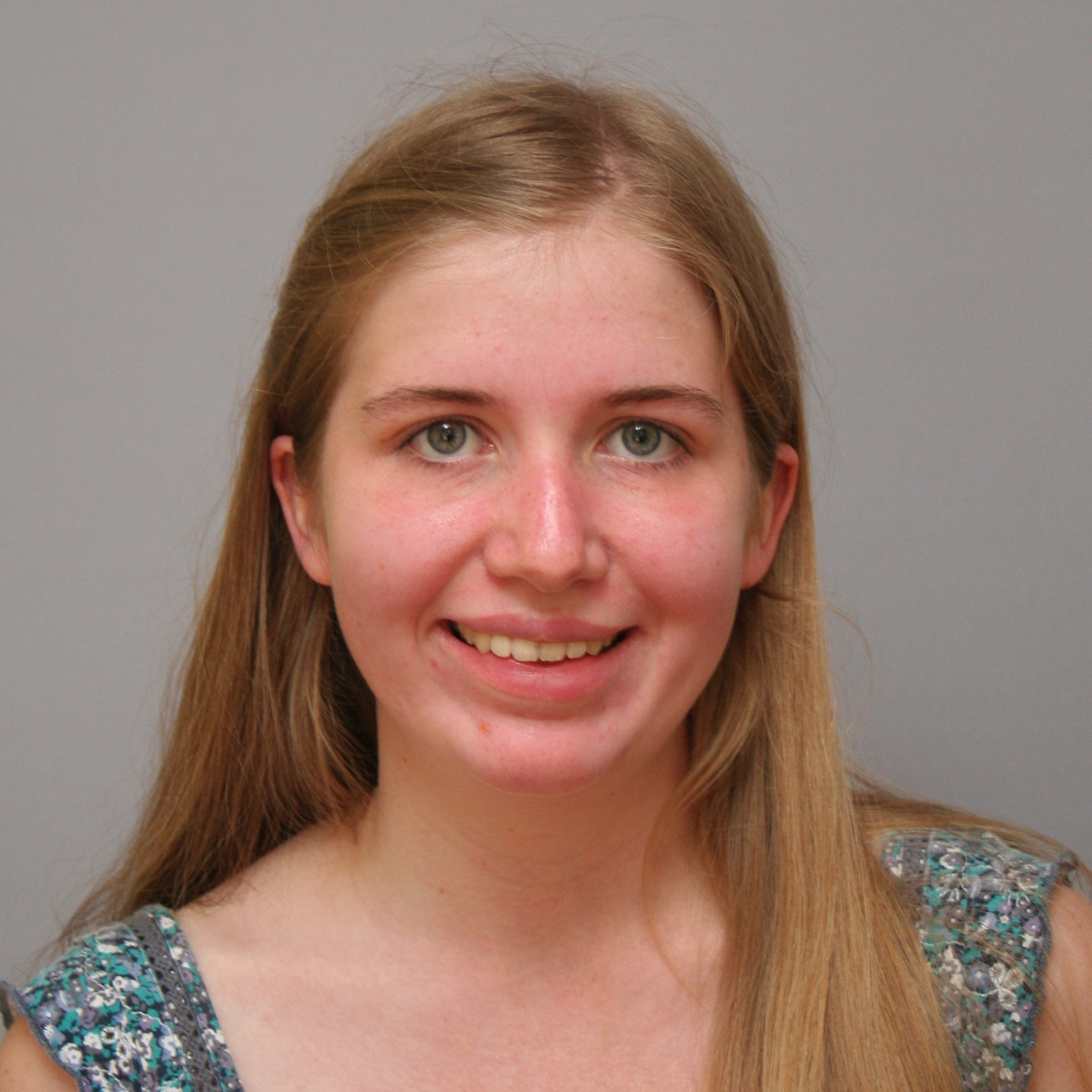
Jennifer Collister
Statistical Programmer at the Big Data Institute
Jennifer is a Statistical Programmer in the Translational Epidemiology Unit of the Nuffield Department of Population Health. She is currently developing a pipeline for reproducible calculation of existing polygenic risk scores in order to perform replication analyses in the UK Biobank. Jennifer recently co-hosted a training session on using Git in a small team, and is a Certified Carpentries Instructor. She has an MMath from Durham University and an MSc in Medical Statistics from the University of Leicester.
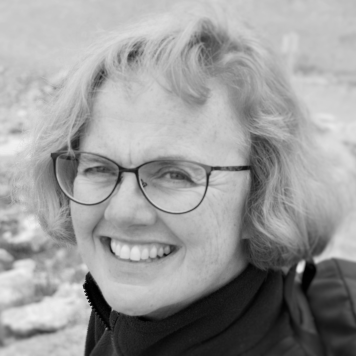

Kathryn Dally
Head of Research Ethics and Integrity
Kathryn Dally is the head of the Research Ethics and Integrity Team within Research Services at Oxford, which supports and manages the work of the University’s human research ethics committees. She is the University’s lead administrative contact point for matters related to the integrity of research at Oxford (as required by the UK Concordat to Support Research Integrity) and, as such, she provides advice on the assessment and investigation of allegations of research misconduct at Oxford.
Kathryn is an active member of the Russell Group Research Integrity Forum and of the League of European Research Universities (LERU) Research Integrity Thematic Group.

Abhishek Dasgupta
Research Software Engineer
Abhishek is a Research Software Engineer at the Oxford RSE group, where he works along with fellow RSEs and academics from the University of Oxford to create research software and raise awareness of research software best practices. He is interested in improving software sustainability, software development productivity and reproducibility of research software through training and outreach. Besides his research software work, he applies novel machine learning and network science techniques to problems in computational social science and political science.
Prior to being an RSE, Abhishek was a Research Fellow in Artificial Intelligence at the Department of Politics and International Relations (DPIR) and obtained his DPhil in Computer Science, both at the University of Oxford. He is also currently an Associate Member at DPIR.
As of May 2021, Abhishek is a Software Sustainability Institute Fellow. As part of his fellowship, he will be exploring how programming tools make it easier to develop correct, well-tested software as well as improve the research software development experience.
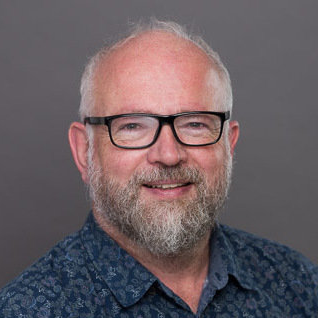

David De Roure
Professor of e-Research
David De Roure is Professor of e-Research at the University of Oxford.
Focused on advancing digital scholarship, David works closely with multiple disciplines including social sciences (studying social machines), humanities (computational musicology and experimental humanities), engineering (Internet of Things), and computer science (large scale distributed systems and social computing). He has extensive experience in hypertext, Web Science, Linked Data, and Internet of Things.
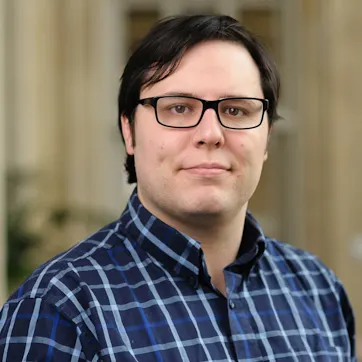
Nicholas DeVito
DPhil Candidate in Health Sciences
Nick is a mixed-methods researcher studying topics in health policy mostly concerning research ethics and transparency.
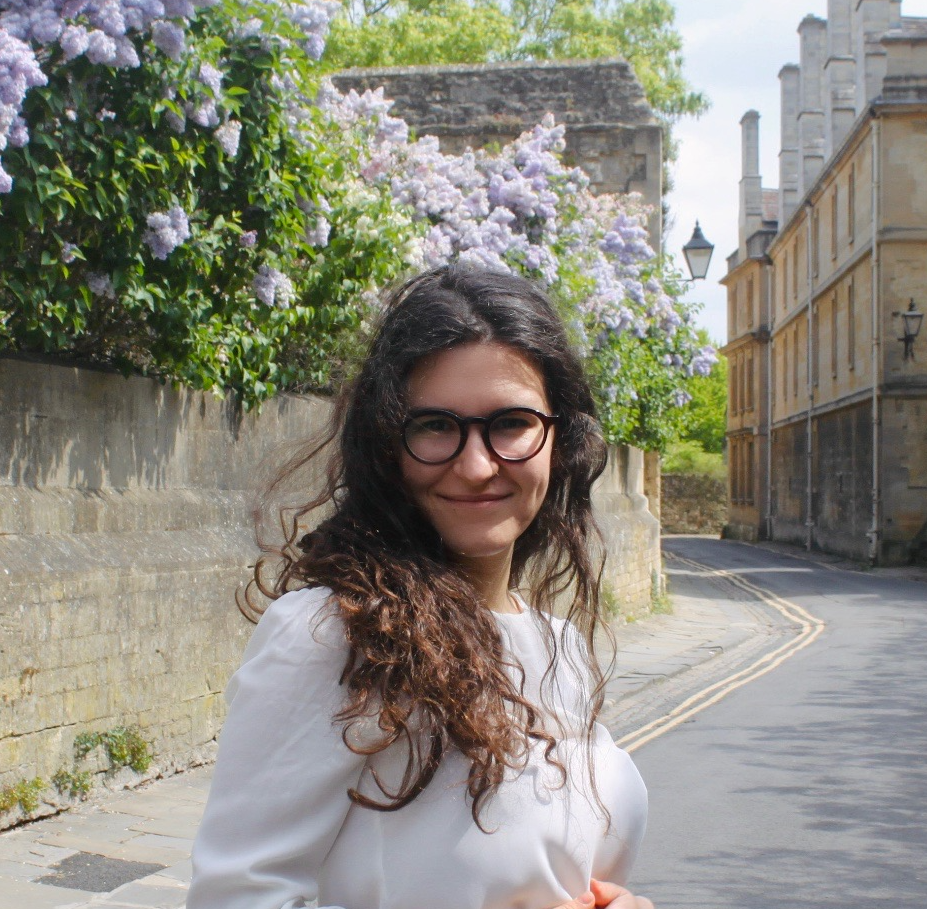
Tsvetomira Dumbalska
DPhil Candidate in Experimental Psychology
Mira’s DPhil research in the Perception and Human Information Processing Labs spans the intersection of psychology, neuroscience and economics. She is interested in how the context in which humans make a decision can sway their choice. Mira co-organizes the Decolonising Research Interest Group together with Olly Robertson, Mirela Zaneva and Manuel Spitschan.
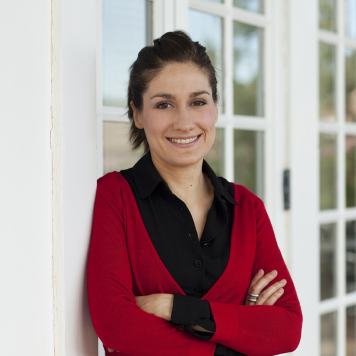

Laura Fortunato
Associate Professor of Evolutionary Anthropology
Laura Fortunato is Associate Professor of Evolutionary Anthropology at the University of Oxford, and a Fellow of Magdalen College, Oxford. She is also an External Professor at the Santa Fe Institute and a member of its Science Steering Committee. Her research and teaching focus on the evolution of human social and cultural behaviour.
In the area of open research, Laura’s interests relate to the provision of training, and in particular to effective computing for reproducibility and the use of free and open source software. She is a founding member of the Steering Group of the UK Reproducibility Network, and a member of the Board of Directors of the Software Freedom Conservancy.
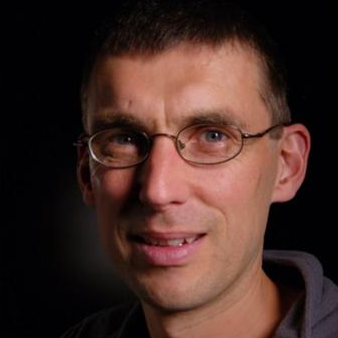

David Gavaghan
Professor of Computational Biology
David Gavaghan works in the field of Mathematical and Computational Modelling, establishing and leading the Computational Biology Group, based principally within Oxford’s Department of Computer Science.
David is the Director of Graduate Studies for the Mathematical, Physical and Life Sciences Division.
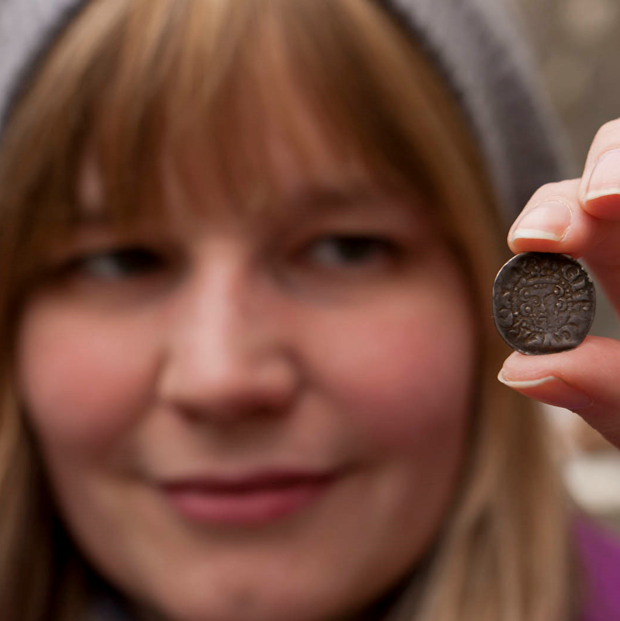

Megan Gooch
Head of the Centre for Digital Scholarship & Digital Humanities Support
Megan works across and beyond Oxford to build effective working relationships within digital humanities. She is responsible for:
– Supporting teaching and research across the University in digital scholarship
– Developing the Centre for Digital Scholarship’s and Digital Humanities at Oxford programmes of events
– Fostering collaborative relationships in Digital Humanities across the University and with external partners.
Megan has previously worked in the museums and heritage sector as a curator at the British Museum and curator, learning producer, creative producer and research fellow at Historic Royal Palaces.
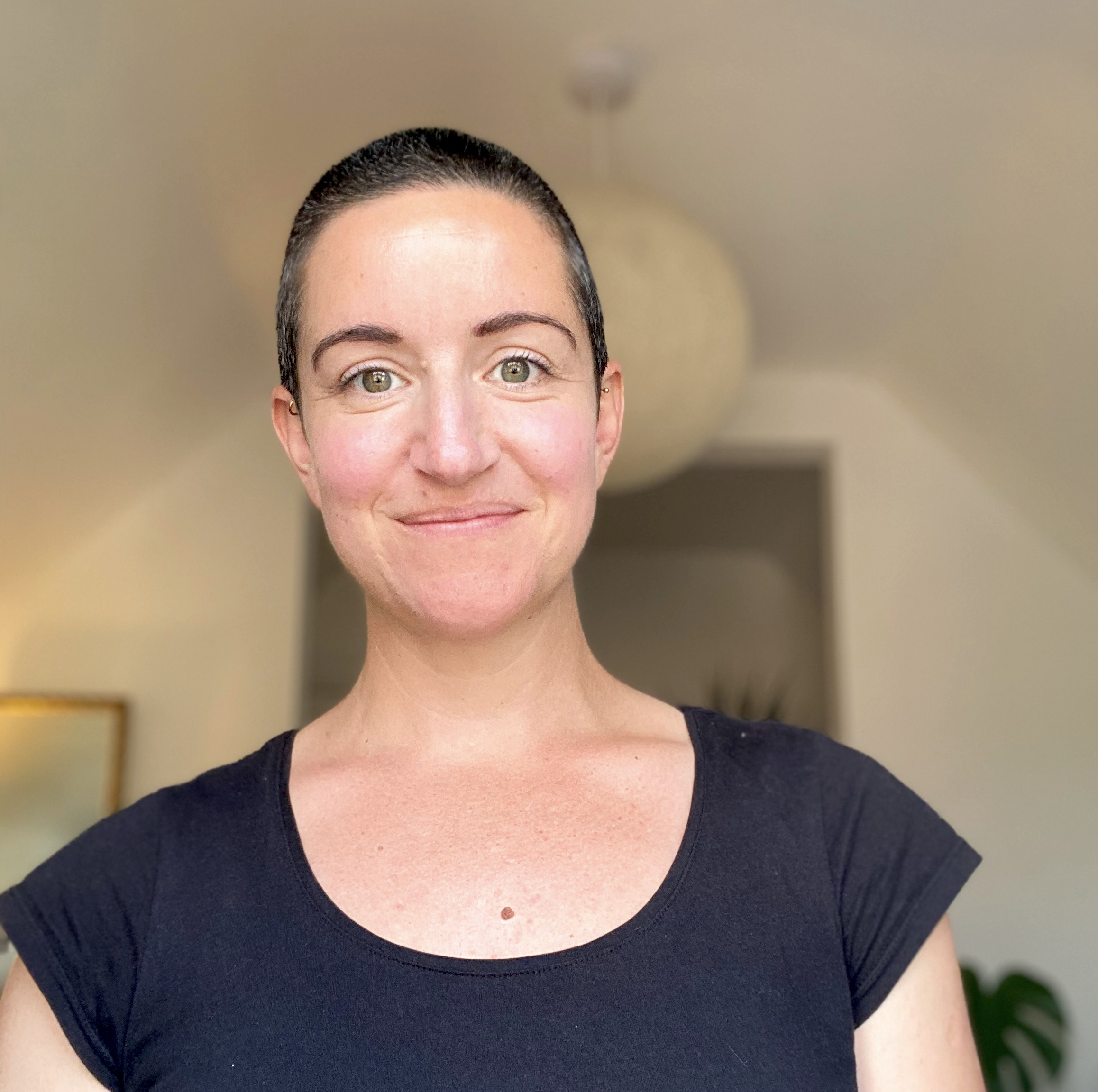

Cassandra Gould van Praag
Open Science Community Engagement Coordinator at WIN and Oxford Neuroscience
The main focus of my role is to generate opportunities for the research community to actively participate in and contribute to the open science infrastructure of the Wellcome Centre for Integrative Neuroimaging (WIN) and Oxford Neuroscience by facilitating engagement with the WIN Open Neuroimaging Project. I also work between departments and alongside partners in other institutions to develop policies and recommendations for good governance around open science that work for individual facilities, across departmental boundaries within medical sciences, and then beyond into the wider University and national networks. Prior to this post, I provided magnetic resonance imaging support to the Oxford BRC Experimental Medicine Theme and the Psychopharmacology and Emotion Research Laboratory. Here I lead efforts to improve the efficiency and reproducibility of image analysis and experimental data collection by teaching good practice in computer programming and data management. Prior to joining Oxford, I was a postdoctoral researcher and project manager with Prof. Hugo Critchley at Brighton and Sussex Medical School, where I used MRI, experimental psychology and physiological monitoring to investigate the role of physiological arousal in cognitive and emotional processing, along with the impact of interoceptive abilities in modulating arousal-based processing in psychiatric disorders such as anxiety and schizophrenia. I completed my PhD in Informatics in 2013 under the supervision of Prof. Anil Seth at the University of Sussex, where I investigated individual differences in synaesthesia using MRI and extensive exploration of the first person experience. I completed an MSc in Cognitive Neuropsychology under the supervision of Prof. Geraint Rees at UCL, and a BSc in Biological Sciences (genetics and immunology) from the University of Brighton.
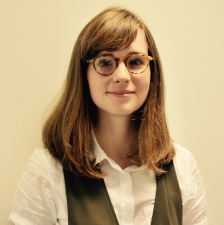
Edith Halvarsson
Digital Preservation Officer, Bodleian Libraries
Edith is a Digital Preservation Officer based in Bodleian Libraries’ newly formed Open Scholarship Support Department. Edith has contributed to a range of Digital Preservation projects and training initiatives in GLAM over the past five years. Before joining the University she worked for the British Library in Boston Spa.
Edith is interested in topics such as digital skills curricula for librarians and archivists, digital forensics, and preservation of legacy handheld media.
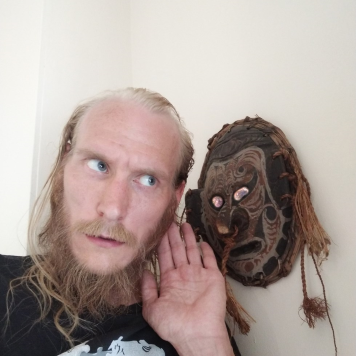
Matt Jaquiery
Research Software Engineer
Matt Jaquiery studied advice-taking and decision-making with Nick Yeung and the Attention and Cognitive Control lab, using a combination of behavioural experiments and computational models. He now works on a variety of research projects as a Research Software Engineer.
Matt is interested in a broad range of open science topics, and he helped compile the UKRN Primers on Preprints and Data Sharing. He organises ReproducibiliTea both locally in Oxford and globally as a member of the core team.
Matt is responsible for the technical aspects of this website.

Niklas Johannes
Post-doctoral Research Associate at the Oxford Internet Institute
I’m a Postdoc in the Adolescent Well-Being in the Digital Age program at the Oxford Internet Institute. Under the supervision of Andrew Przybylski, I study the effects of technology use on well-being and performance.
My PhD had a similar topic: Here, I investigated effects of constant connectedness on performance and well-being. In my research, I follow Open Science practices. That means I preregister all studies and make materials, data, and analyses publicly available.
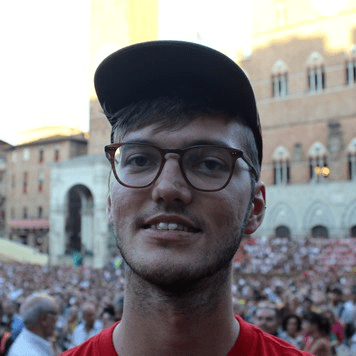
Adam Kenny
Post-doctoral Research Associate in Evolutionary Anthropology
Adam is a Calleva Research Centre Postdoctoral Research Associate at Magdalen College, Oxford, having recently earned his DPhil in Anthropology at the University of Oxford, under the supervision of Dr Laura Fortunato. Adam is an evolutionary anthropologist, with a background in both biology and anthropology; he holds a BA in Natural Sciences (University of Cambridge, 2012) and an MSc in Human Evolution and Behaviour (University College London, 2013).
Aside from researching the role of inter-group dynamics on human prosociality, Adam has been involved in the teaching of R, version control, and other reproducible tools and practices.
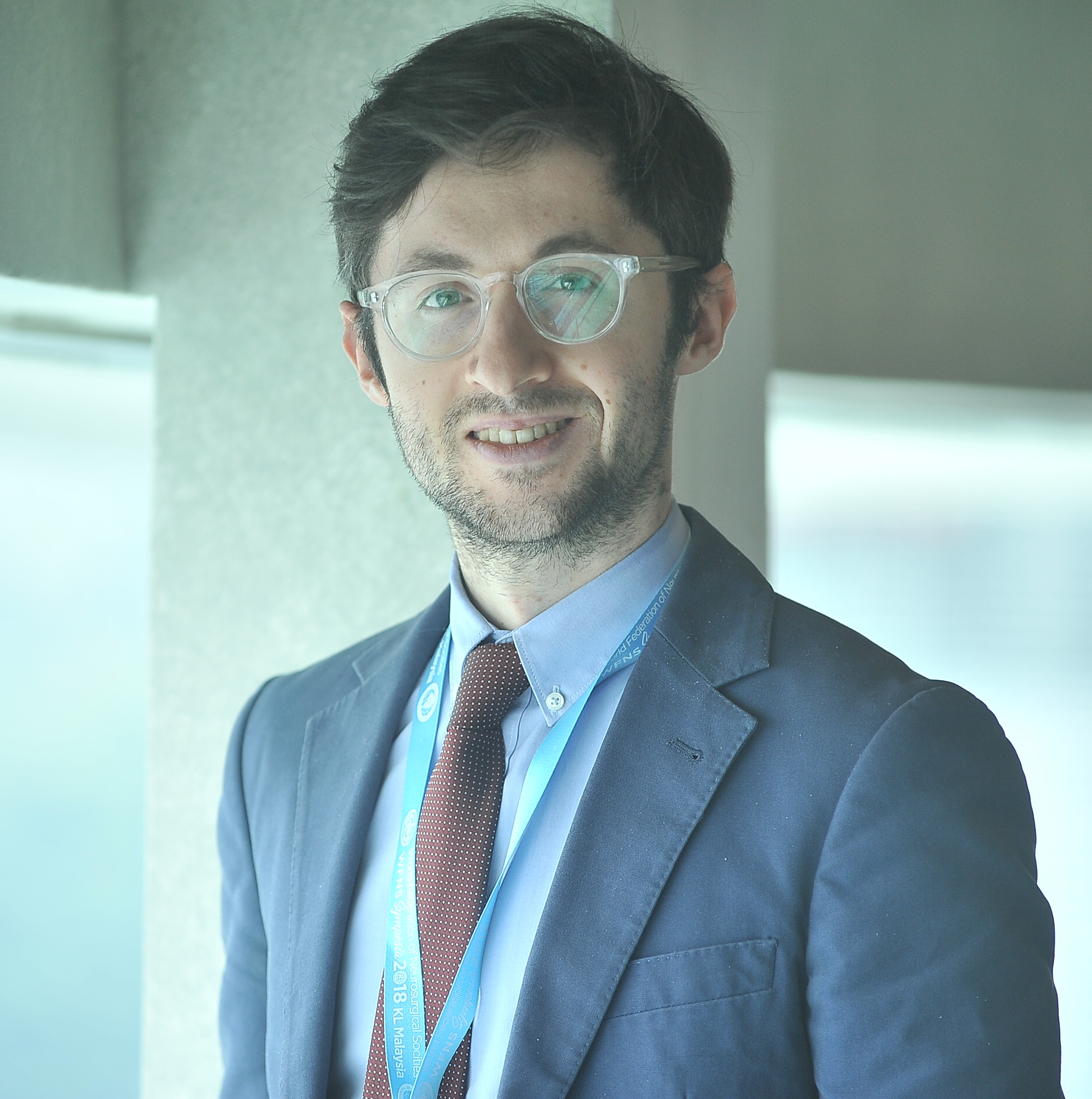
Conor Keogh
DPhil Candidate in Surgical Sciences
Conor is an academic-clinical trainee with Oxford Functional Neurosurgery. He works with the Oxford Neural Interfacing group on the application of engineering techniques to the management of nervous system pathology. His work is supported by a Clarendon Scholarship, as well as funding from the EPSRC and NIHR. He is interested in the use of computational methods to improve clinical research.
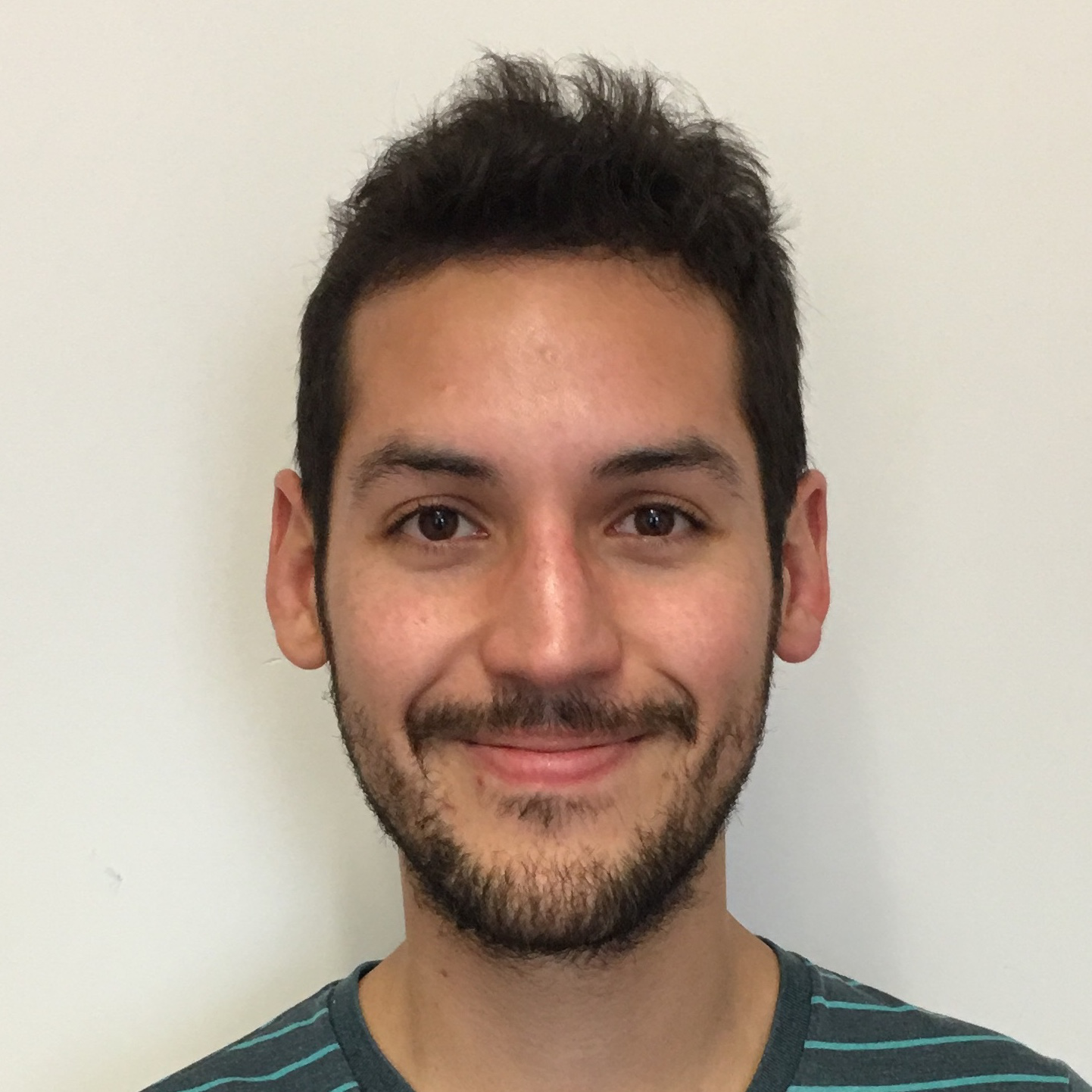
Rodrigo Leal-Cervantes
DPhil Candidate in Mathematics
Rodrigo is an applied Mathematician specialising in Networks Science. In his DPhil research, he tries to improve the modelling being done for network-like systems that are embedded in space, and for which distance shapes the connectivity that can be observed. In addition to this, he is interested in helping his colleagues learn about repoducibility in general, and good coding practices in particular.
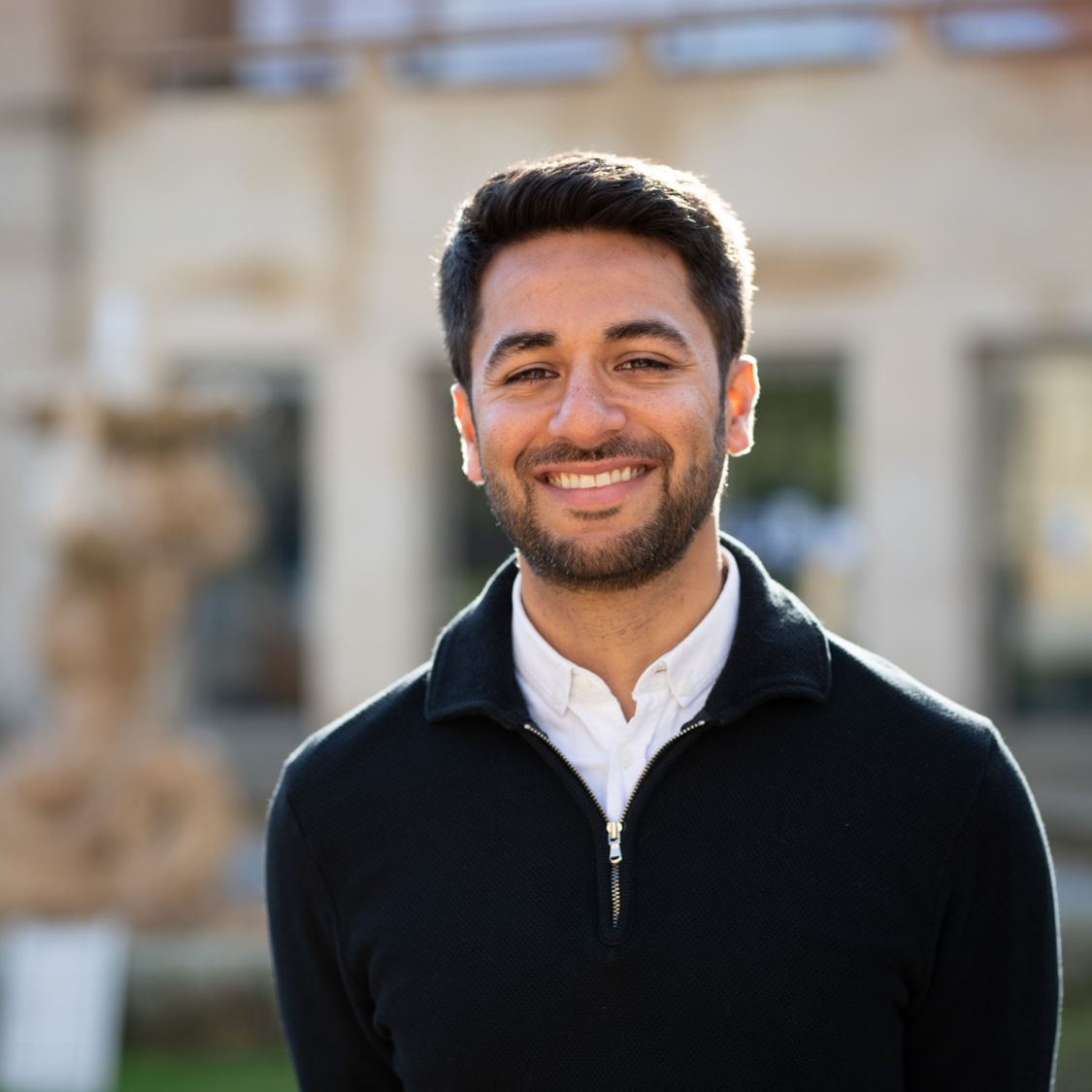
Aman Majid
Research Associate in Sustainable Energy and Water
Dr Aman Majid is a Research Associate on the Oxford Programme for Sustainable Infrastructure Systems (OPSIS) and an Oxford Martin Fellow. His work focuses on energy and water infrastructure planning within the context of deep uncertainties, climate change, and sustainable development.
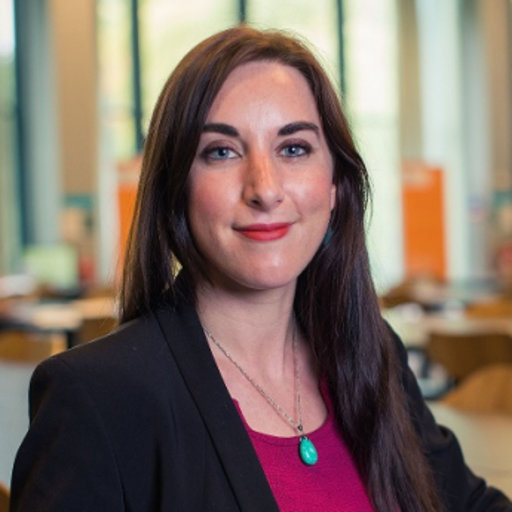

Ruth Mallalieu
Head of Open Scholarship Support, Bodleian Libraries
Ruth is Head of Open Scholarship Support, Bodleian Libraries, University of Oxford. The Open Scholarship Department provides a central point for advocacy and strategy in the areas of open scholarship and open publishing, Research Data Management, copyright and licensing, digital preservation and digital innovation. Ruth is Chair of the Libraries and Archives Copyright Alliance (LACA) and of the Scholarly Communications Chapter of the Special Libraries Association. She is a member of the European Alliance for Research Excellence (EARE), LIBER Open Access Working Group, the LERU Info Policy Group, and the Universities UK Copyright Negotiating and Advisory Committee (CNAC).
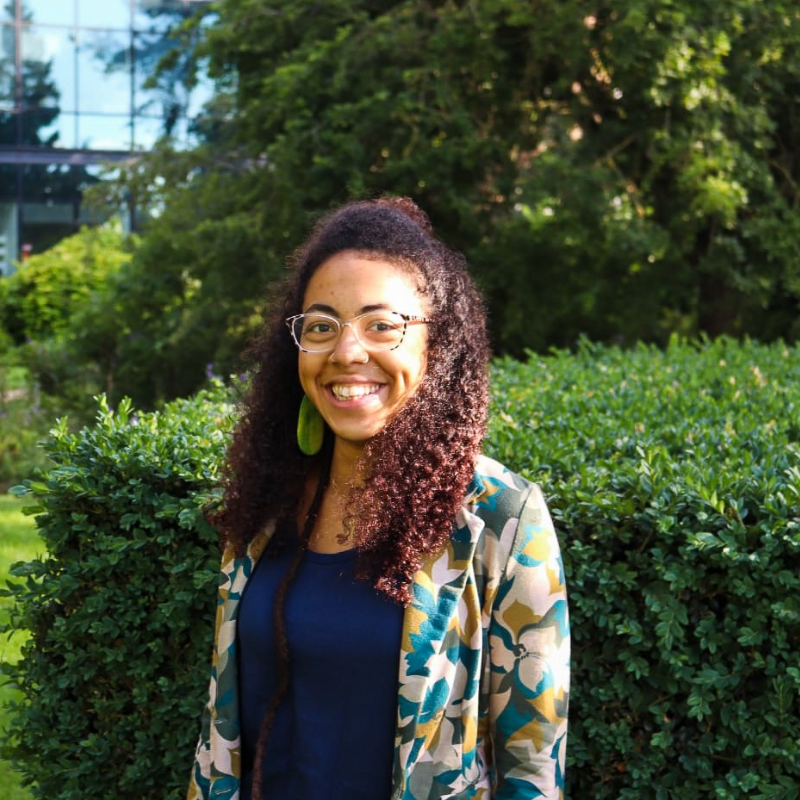

Sara Middleton
DPhil Candidate in Plant Sciences
Sara has a background in environmental sciences and is a third-year NERC DTP student in the departments of Zoology and Plant Sciences. Her research focuses on using trait-based methods to better understand plant community responses to environmental change. Her fieldwork takes place at Wytham Woods, Oxfordshire where she works at the RainDrop drought experiment. Her other research interests include plant ecophysiology, plant conservation and tackling plant awareness disparity.
Aside from her studies, she is the project coordinator for the documentary film Banangeddon, founder of the Human Nature Stories Project and Black British Biology Project and cofounder of Oxford’s BIPOC STEM Network.
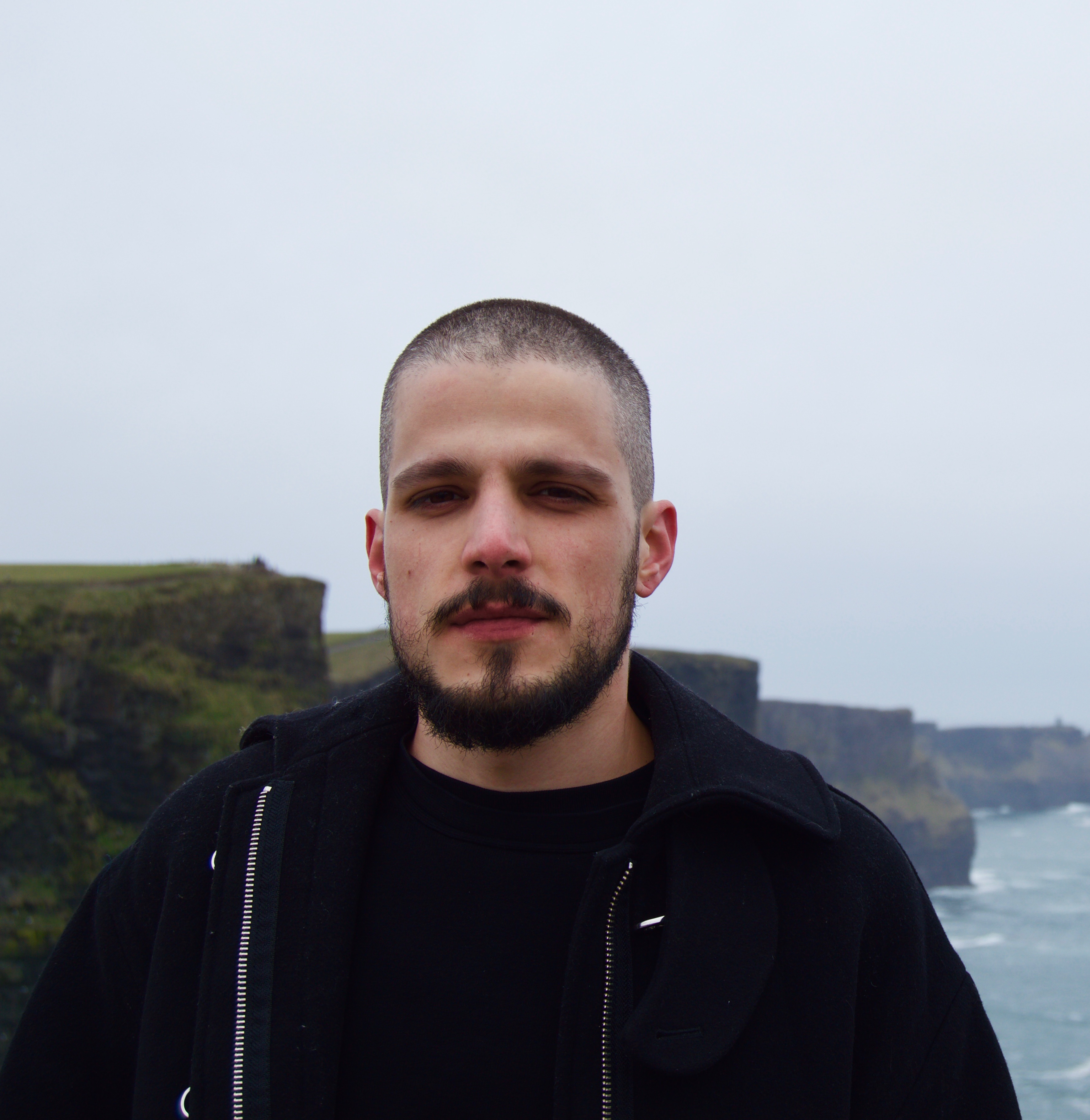
Nilo Pedrazzini
DPhil Candidate in Linguistics, Philology & Phonetics
Nilo researches Early Slavic syntax and semantics using quantitative and computational methods. He is working towards the expansion of historical digital treebanks of Slavic (the TOROT Treebank) and on the development of computational tools for historical text processing and analysis. He particularly values collaborative and multidisciplinary approaches, within and across the humanities, and considers open scholarship a prerequisite for innovative and inclusive research. Since May 2020, he is also Editorial Assistant and Copyeditor for the Journal of Open Humanities Data.
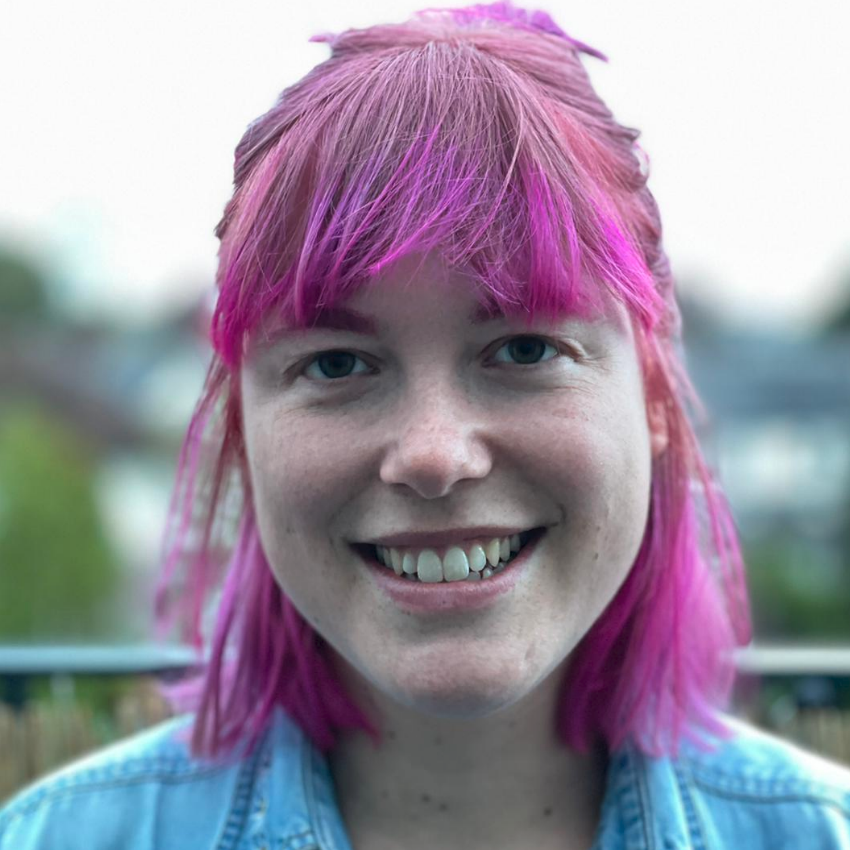
Ilse Pit
DPhil Candidate Evolutionary Anthropology
Ilse is a DPhil candidate in Evolutionary Anthropology at the University of Oxford, supervised by Laura Fortunato. She researches the evolutionary functions of social norms using behavioural experiments. She values open science practices, and aims to make her research transparent and reproducible, and to help others to do the same.
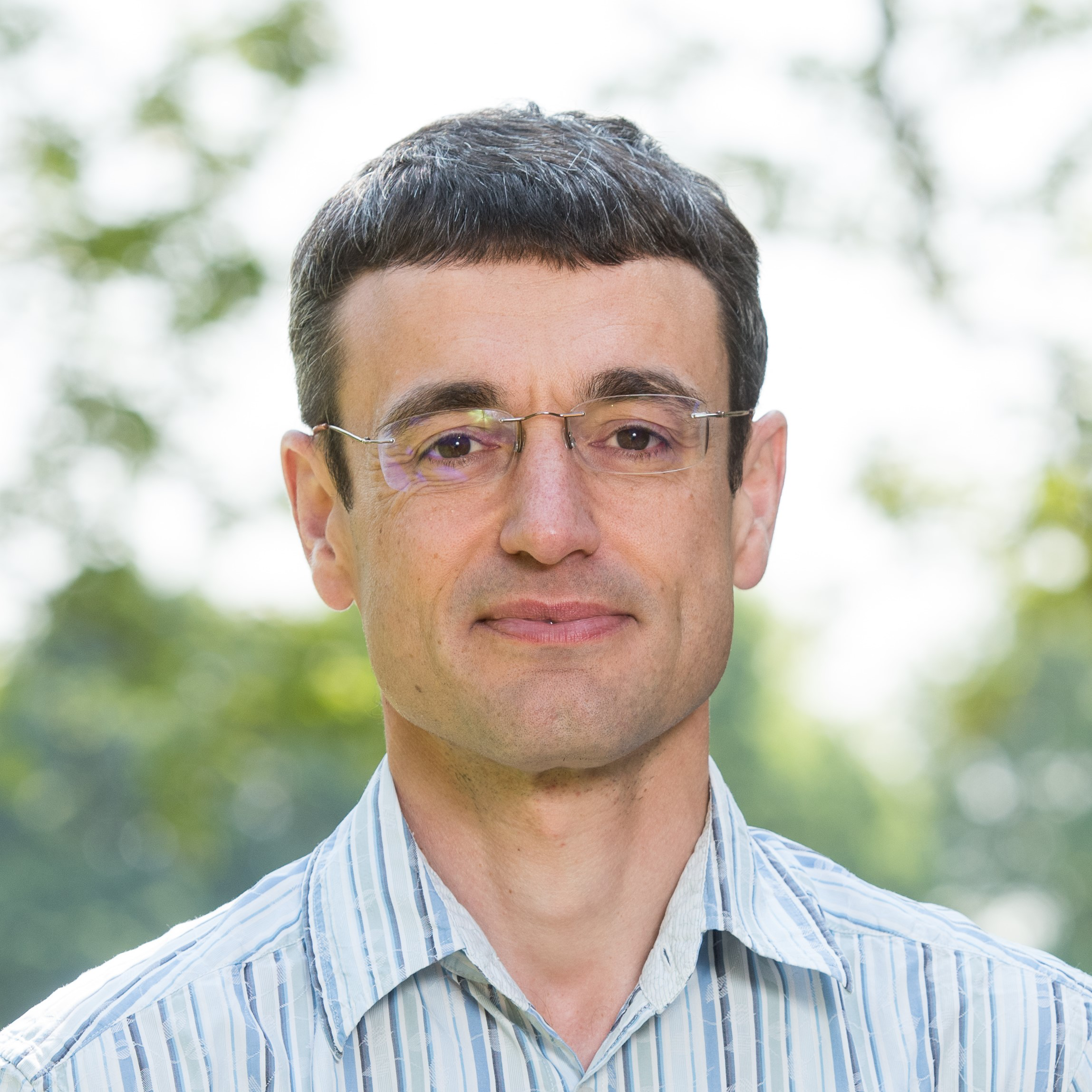

Jonathan Prag
Professor of Ancient History
Jonathan is an ancient historian, who read Classics at Oxford, and ancient history and archaeology at UCL, before teaching at Leicester and then returning to Oxford. Much of his work focuses on ancient Rome and Sicily, his research is increasingly concentrated on ancient inscriptions (the study of epigraphy), and the application of digital humanities methods to ancient history and epigraphy. He currently holds an ERC Advanced Grant (‘Crossreads: Text, materiality, and multiculturalism at the crossroads of the ancient Mediterranean’ which is devoted to the exploration of ancient Sicily through the application of digital methods to the surviving textual record. Particularly through his I.Sicily project, he is committed to championing the development of open data in ancient world studies.
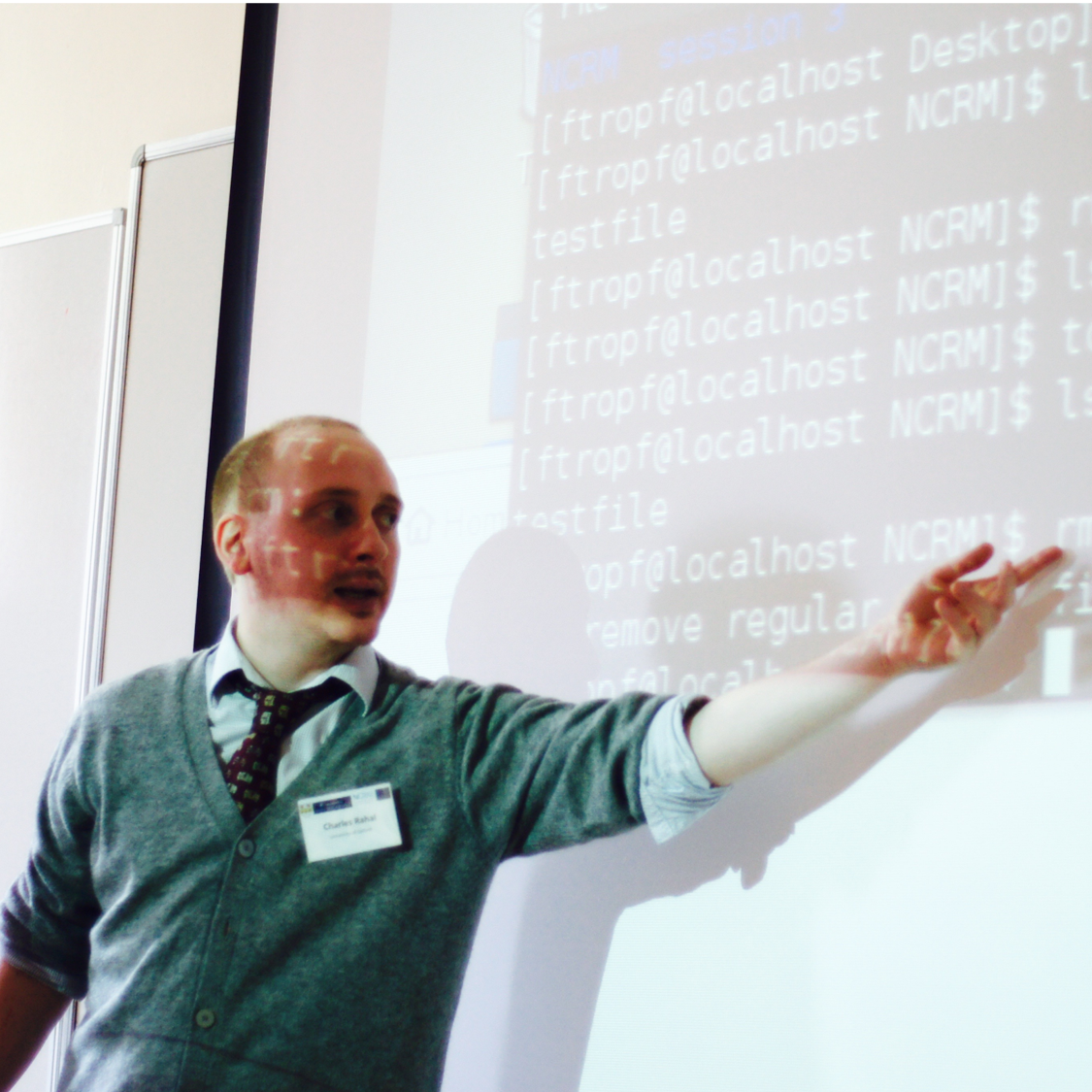

Charlie Rahal
Departmental Research Lecturer in Sociology
Charlie is a social science methodologist and applied social data scientist with a background in high-dimensional econometrics, having completed his PhD in 2016. He is particularly interested in unique data origination processes, be they unstructured or otherwise. He presently teaches ‘Demographic Analysis’ in Michaelmas term, and ‘Lifecourse Research Methods’ in Trinity, whilst co-convening the Oxford partner site of the Summer Institute in Computational Social Science. He has also recently given workshops and guest lectures on the themes of ‘An Introduction to Machine Learning’ and ‘An Introduction to the Command Line’, and typically begins his day, as many do, with import pandas as pd!
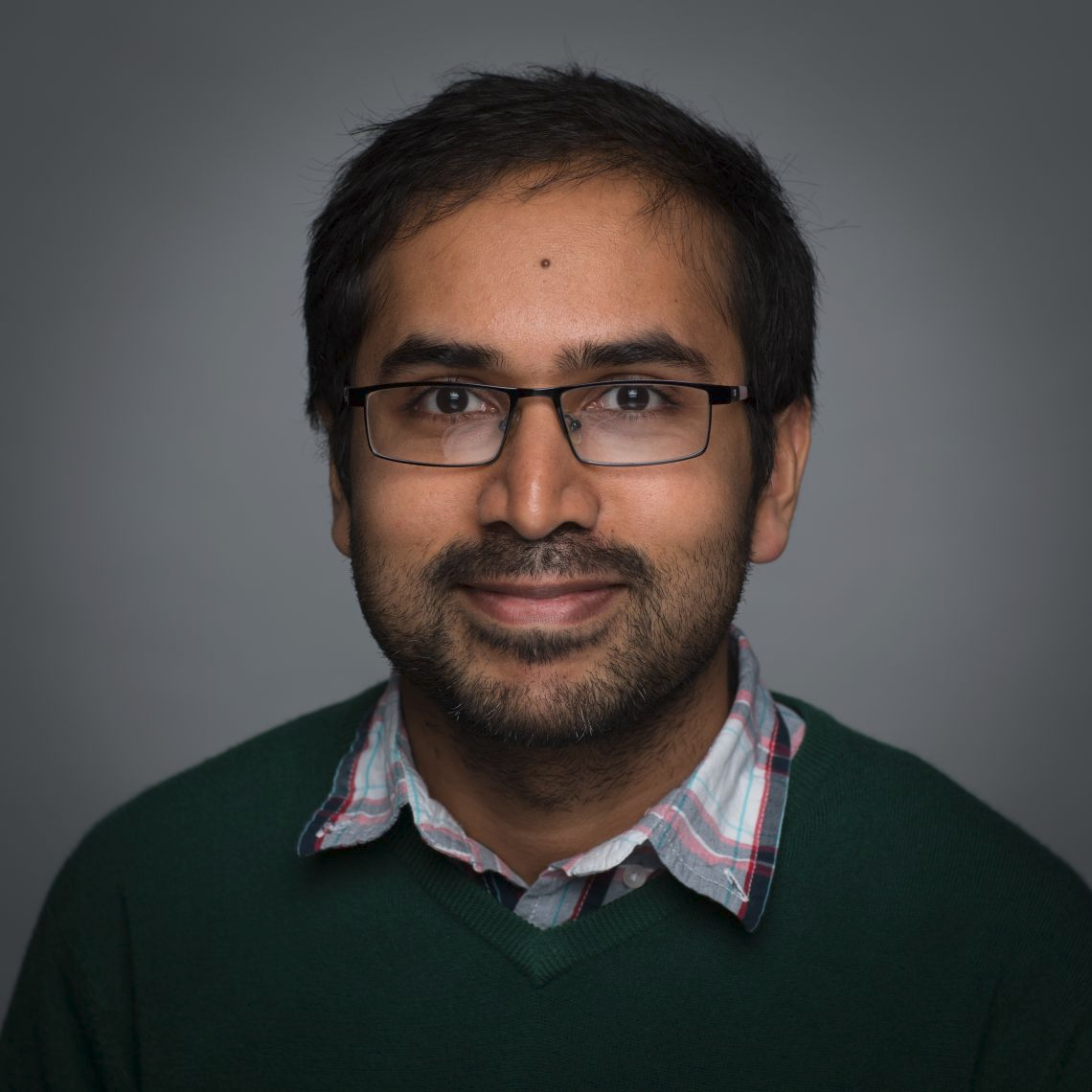
Srinivasa Rao
Postdoctoral research associate in Surgical Sciences
Rao is a postdoctoral researcher interested in the molecular and genetic basis of cancer and metastasis. Having originally started his career as a medical doctor, he switched to full-time research soon after and currently split his time between the ‘wet lab’ and bioinformatics. His bioinformatics work involves analysing sequencing data for genomic and transcriptomic changes in prostate cancer. He uses software tools (R, Python, Snakemake) to make his research analyses reproducible and shareable, and he advocates their use through workshops and talks.
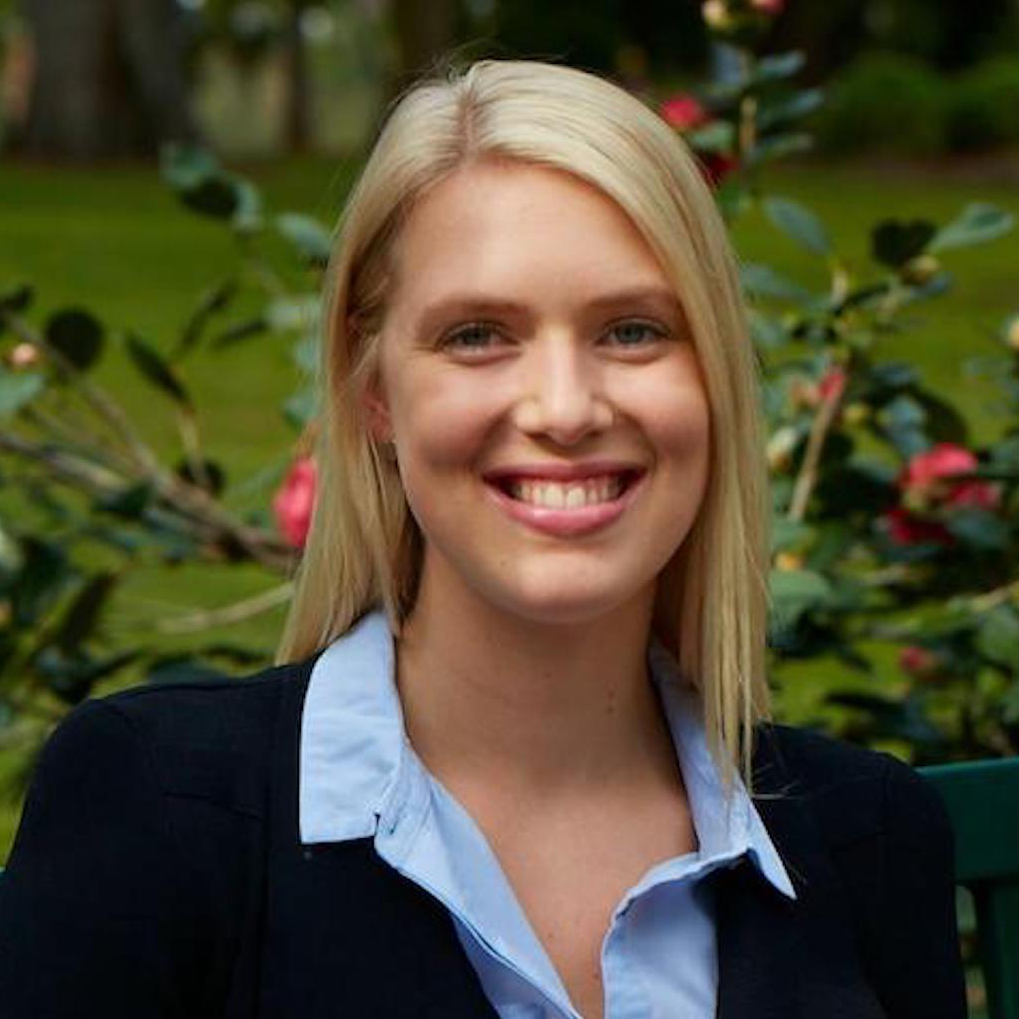
Georgia Richards
Research Fellow in Health Sciences
I am a Research Fellow at the Global Centre on Healthcare and Urbanisation in Kellogg College and about to complete my Doctor of Philosophy (DPhil/PhD) at Oxford’s Centre for Evidence-Based Medicine, which investigated the epidemiology of strong pain medicines called opioids. I am an Associate Editor for BMJ Evidence Based Medicine and on the Steering Group for The Declaration to Improve Biomedical and Health Research. I am an active member of OPeRA, Open Pain Research Advocacy and Appraisal, a team of early-career researchers, academics and clinicians based in Europe and Australia working collaboratively to improve research transparency and openness. I am also a Centre for Open Science (COS) Ambassador. I have a BSc in Biomedical Sciences and First Class Honours in Pharmacology from the University of Queensland, Australia.
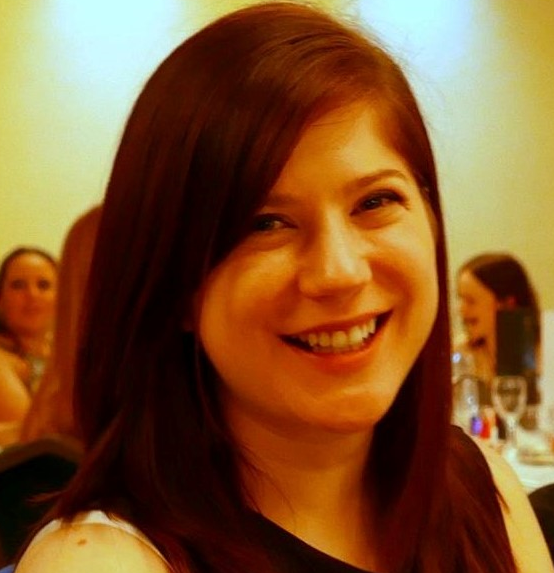
Olly Robertson
Research Assistant in Experimental Psychology
Olly Robertson is a research assistant in the Emotions and Social Relations Lab with Professor Brian Parkinson and Dr Danielle Shore. In this role, her work focuses on how emotion regulation influences trust and cooperation between people. Olly is also a doctoral researcher in the Centre for Psychological Research at Keele University, where her work explores the psychophysiological mechanisms through which speech acts as an emotion regulation strategy in daily life. She co-founded the Consortium for Research About Profanity (CRAP), a multidisciplinary, international research group interested in undertaking open and reproducible research relating to swearing. Olly is an organizing member of ReproducibiliTea Oxford and is interested in advances and applications of open science practices in research and pedagogical practice.
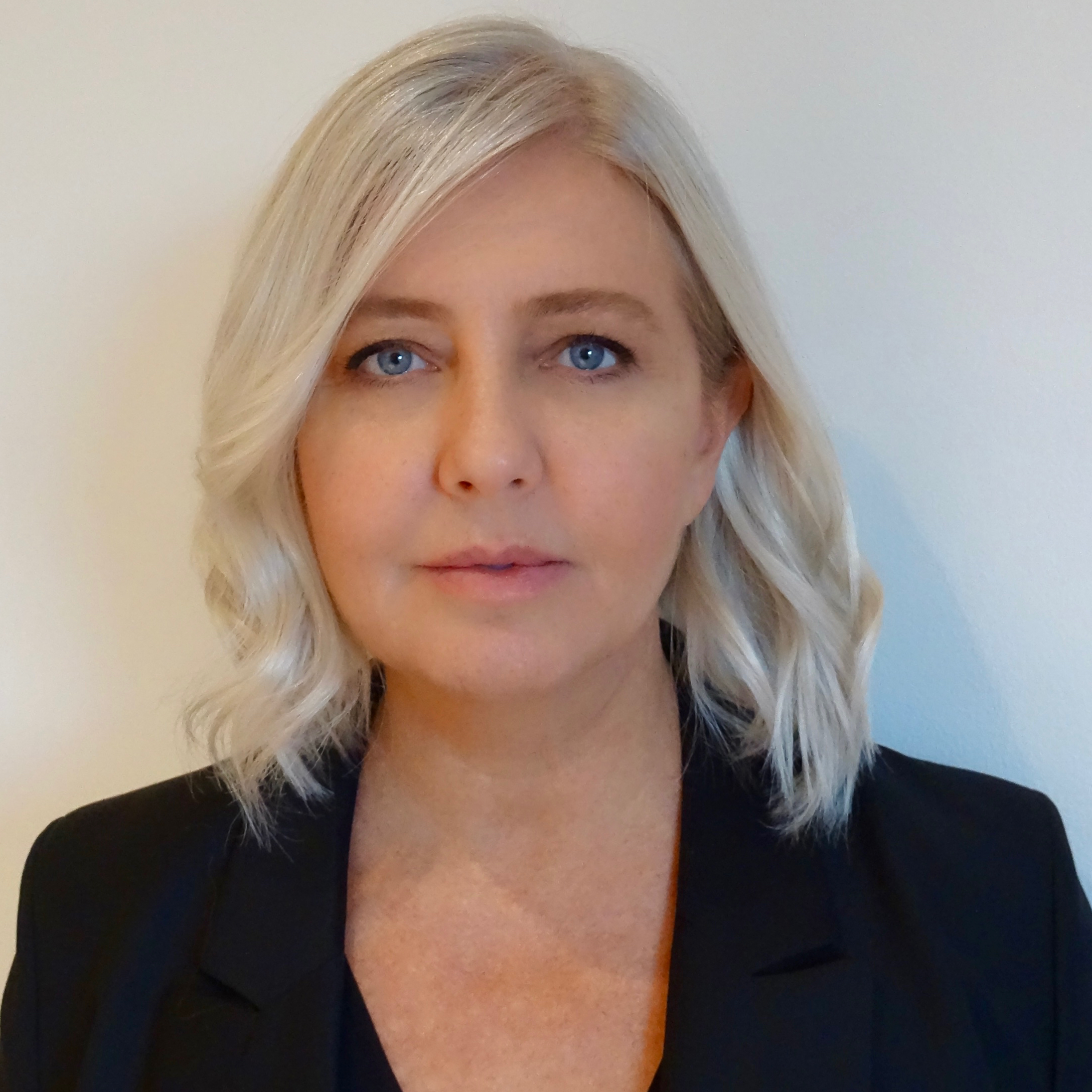

Susanna A Sansone
Associate Professor, Engineering Science; Associate Director, Oxford e-Research Centre
Since the 2000, Susanna works in research data management and scholarly publishing. She is one of the FAIR Principles authors, founder of FAIRsharing and founding editor of Springer Nature’s Scientific Data journal. Her Data Readiness group (of researcher software engineers and data experts) researches and develops methods, tools and services to improve data reuse, transparency and integrity. She is also a PI with a portfolio of UKRI, Wellcome, EC, IMI (private-public partnerships) and USA-NIH research and infrastructure projects.

Michael Schlussel
Senior Medical Statistician for EQUATOR and NDORMS
Michael Schlussel is a senior medical statistician at the UK EQUATOR Centre and in the Centre for Statistics in Medicine based in the Nuffield Department of Orthopaedics, Rheumatology and Muskuloskeletal Sciences (NDORMS) in Oxford. He focuses on methodological research to improve medical investigation and scholarly communication. He regularly teaches subjects related to research design, conduct, statistical analysis and reporting, both at the divisional and departmental level at the University of Oxford. He is also a member of the editorial board for the journals Neurosurgery and Evidence.
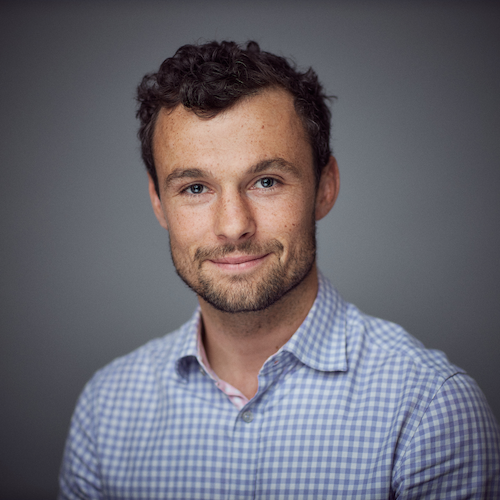
James Smith
Post-doctoral Research Associate in NDORMS
James is a postdoctoral scientist in Prof Andrew Carr’s group in the Nuffield Department of Orthopaedics, Rheumatology and Musculoskeletal Sciences (NDORMS). He is also part of the National Institute for Health Research Oxford Biomedical Research Centre (NIH OxBRC). He is interested in a range of meta-research, with ongoing projects relating to risk of bias in clinical studies, prediction of drug approval, and methods for analysis of preclinical data. He has given an introductory open science workshop to graduate students in NDORMS.
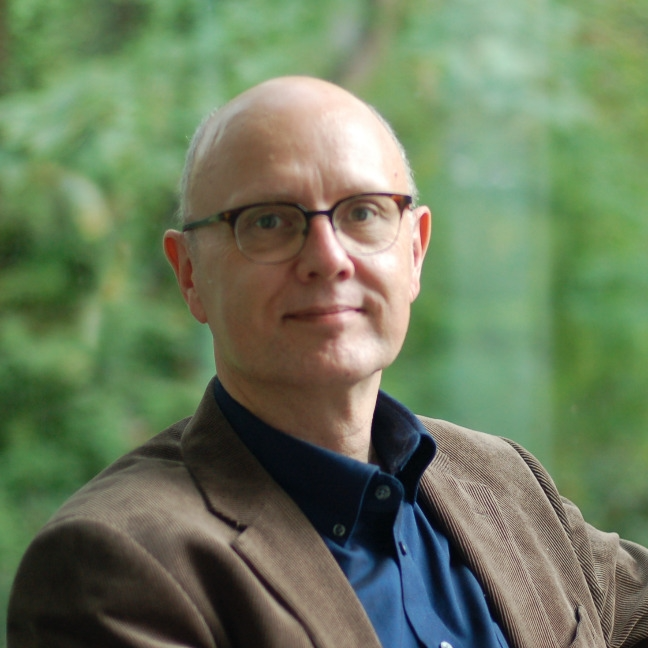
John Southall
Bodleian Data Librarian and Subject Consultant for Economics and Sociology
John is based in the Bodleian Social Science Library as subject consultant but also works across all four divisions of the university supporting data access, management, and training. He has been involved in data preservation, curation, and archiving in a variety of roles including work at the London School of Economics and the UK Data Archive. He is the co-author of the Data Librarian’s Handbook (Facet 2016) as well as other publications on the subject of research data management.
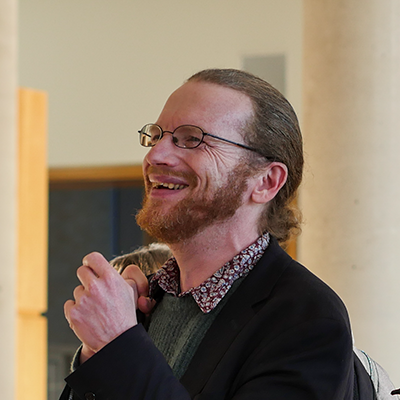

Rowan Wilson
Research Support Service Manager, IT Services
Rowan manages the Research Support team at IT Services. He has been involved in open tech, open source and open content for almost two decades, supporting researchers in Oxford and across the UK as part of projects like OSS Watch, OpenSpires and the Oxford Text Archive. In the last century he was a web developer, journalist and writer, among other things.

Chenzi Xu
DPhil Candidate in General Linguistics and Comparative Philology
Chenzi’s DPhil thesis examines the prosodic patterns of unstressed syllables in one of the regional Mandarin accents, ‘Plastic Mandarin’, in comparison to the standard Mandarin accent. Using quantitative modelling methods, it focuses on the characteristics of pitch variation and voice quality of unstressed syllables, and aims to capture any structured variation in pitch with regard to linguistic contexts, information structure, and social identity in our speech.

Mirela Zaneva
DPhil Candidate in Experimental Psychology
As part of her DPhil at the Department of Experimental Psychology, Mirela researches how poverty and socioeconomic inequalities impact mental health outcomes in children and adolescents. She enjoys attending ReproducibiliTea meetings and taking part in collaborative open science endeavors such as the Non-Interventional, Reproducible, and Open Evidence Synthesis (NIROES) project and FORRT’s glossary of open scholarship terms among others. Alongside RROx fellow Olly Robertson and colleagues from EP, Mirela is one of the organizers for the Decolonising Research Interest Group.
Past members
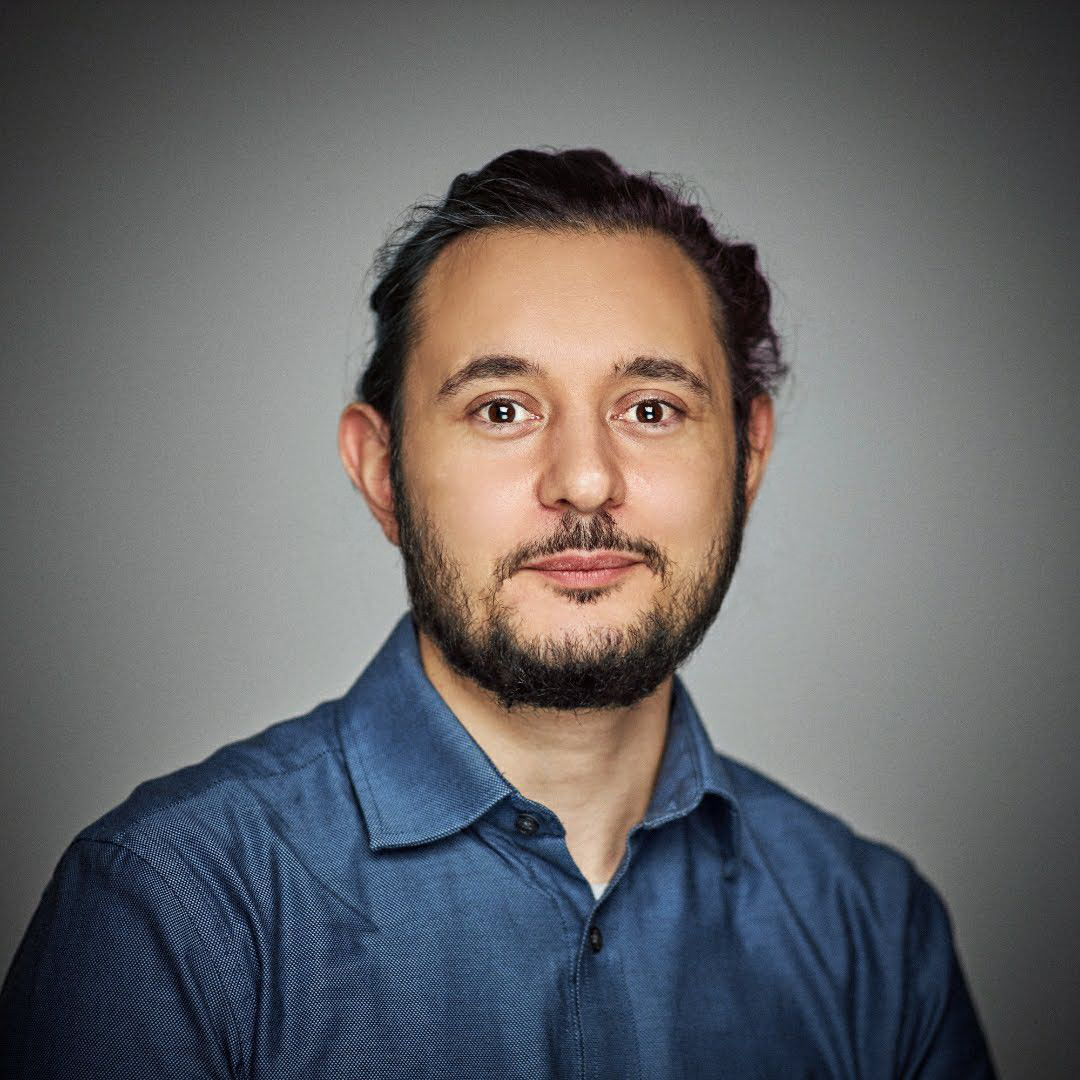
Ayesh Alshukri
Senior Research Software Engineer in Medical Sciences
Ayesh Alshukri was a Senior Research Software Engineer at Oxford Clinical Trials Research Unit (OCTRU). His role was to lead software development projects and develop innovative solutions to complex problems within clinical trials and research studies.
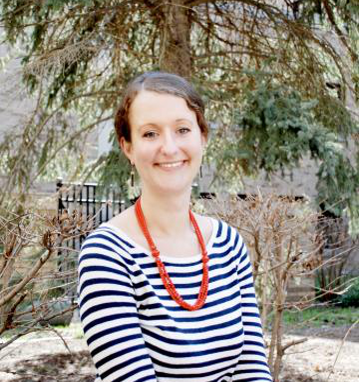

Louise Bezuidenhout
Departmental Lecturer of Social Sciences in Continuing Education
Louise is a social science researcher and Open Science advocate. The majority of her research focuses on issues relating to Open Data, data access and re-use. Themes of justice, equity and non-discrimination play a strong role in her work, which focuses mainly on researchers from low/middle-income countries.
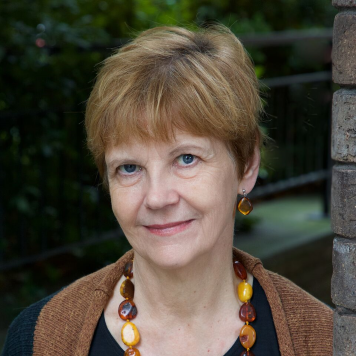

Dorothy Bishop
Professor of Developmental Neuropsychology
Dorothy Bishop is a psychologist at the Department of Experimental Psychology, where she heads an ERC-funded programme of research into cerebral lateralisation for language. She is a supernumerary fellow of St John’s College, Oxford, and a Fellow of the Royal Society, the British Academy, and the Academy of Medical Sciences.
In 2015 Dorothy chaired a symposium on Reproducibility in Biomedical Science organised by the Academy of Medical Sciences, the Wellcome Trust, MRC, and BBSRC, and she chairs the Advisory Board of the UK Reproducibility Network. She maintains a popular blog, Bishopblog, which features posts on a wide range of topics, including those relevant to reproducibility.
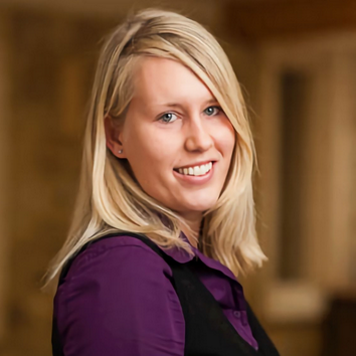

Verena Heise
NDPH Intermediate Fellow
Verena Heise holds an Intermediate Fellowship at the Nuffield Department of Population Health at the University of Oxford, and she is based at the Big Data Institute.
In the area of open research, Verena’s interests focus on changing incentives to promote open research practices and on the provision of training, as one of the initial organisers of the Oxford | Berlin Summer School. Verena led the Open Community theme for the Open Science working group at the Wellcome Centre for Integrative Neuroimaging, and she is on the Advisory Board for Credibility in Neuroscience at the British Neuroscience Association.
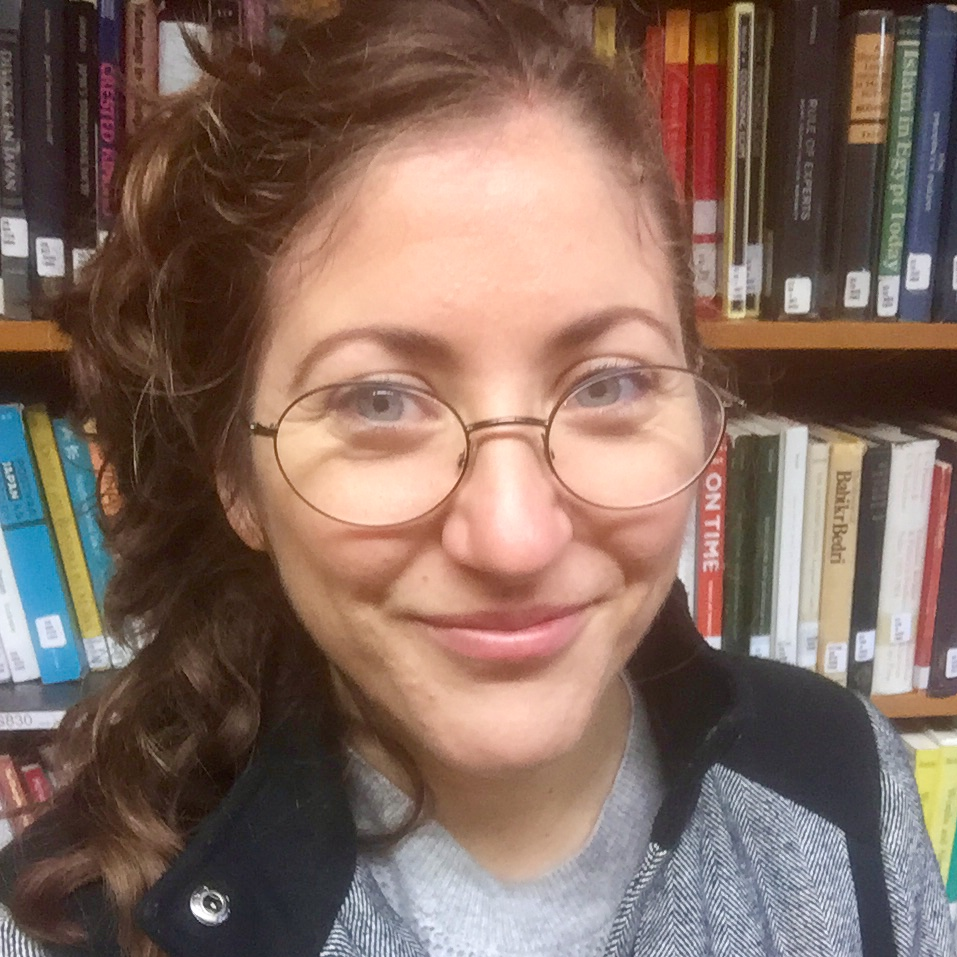

Malika Ihle
Reproducible Research Oxford Coordinator
Malika Ihle was the Reproducible Research Oxford Coordinator, supporting the Steering Group in developing a comprehensive approach to open scholarship and reproducible research that extends across all disciplines, using both bottom-up and top-down strategies.
Malika holds a PhD in Behavioral Ecology from the Max Planck Institute for Ornithology. During her post-docs at the University of Sheffield and University of Florida, she organised a symposium on open science at the International Society for Behavioral Ecology conference, and developed and taught a postgraduate course guiding students through the scientific pipeline, from preregistration to a reproducible and open workflow.
Malika is an Executive Committee member and the chair of the Diversity, Equity, and Inclusion committee of the Society for Open, Reliable, and Transparent Ecology and Evolutionary biology (SORTEE) and she is the UK Reproducibility Network (UKRN) local network lead at the University of Oxford.
She is now the Open Science Coordinator at the Ludwig-Maximilian University in Munich.
Selected articles:
Ihle M, Winney IS, Krystalli A & Croucher M. 2017. Striving for transparent and credible research: practical guidelines for behavioral ecologists. Invited Idea – Behavioral Ecology.
O’Dea RE, Parker TH, Chee YE, Drobniak SM, Duncan DH, Fidler F, Gould E, Ihle M, Kelly CD, Lagisz M, Roche DG, Sánchez-Tójar A, Wilkinson DP, Wintle BC, Nakagawa S. 2021. Towards open, reliable, and transparent ecology and evolutionary biology. BMC Biology


Hopin Lee
Postdoctoral Research Fellow in NDORMS
Hopin Lee was a postdoctoral research fellow at the Centre for Statistics in Medicine at the Nuffield Department of Orthopaedics Rheumatology and Musculoskeletal Sciences. He is a catalyst member of the Berkeley Initiative for Transparency in the Social Sciences, and is one of the founders of OPeRA (Open Pain Research Advocacy and Appraisal). Hopin’s research on research attempts to find ways of shifting policies to enable and incentivise transparency and reproducibility.
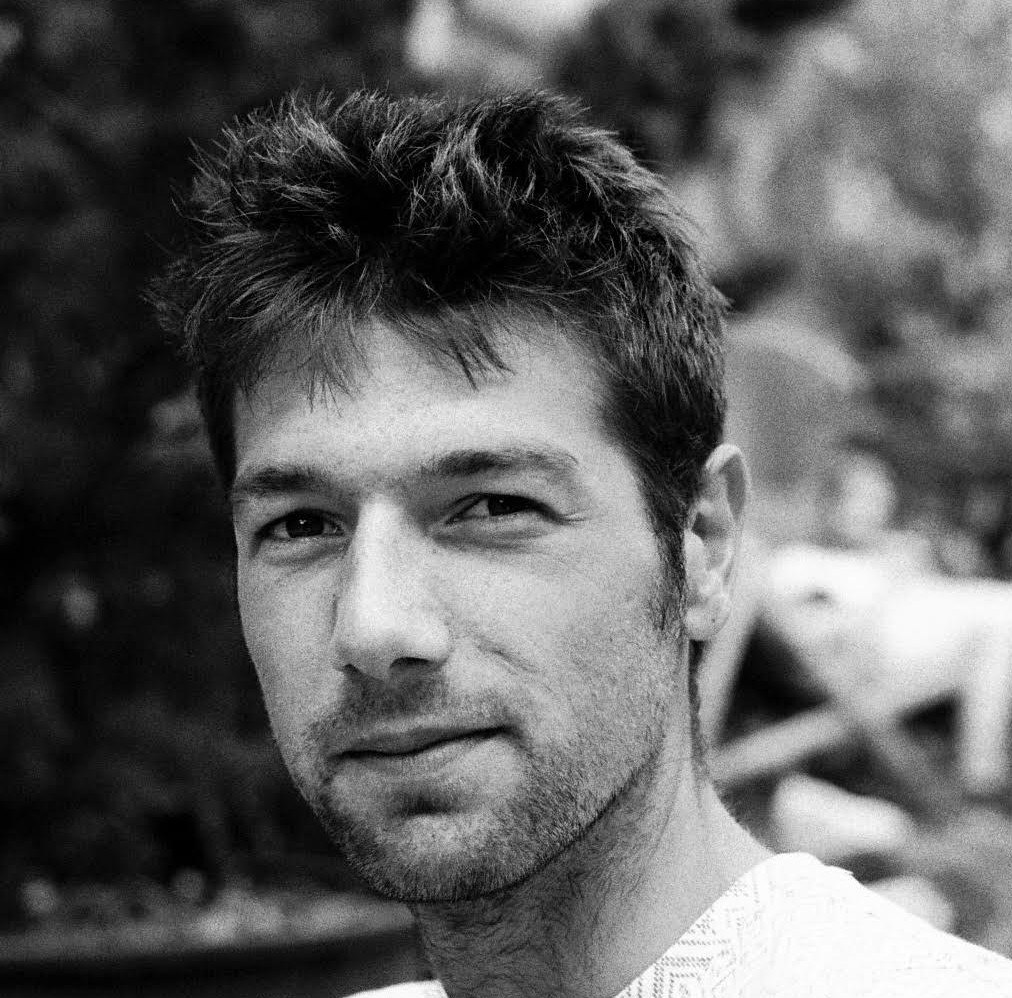
Thibault Lestang
Research Software Engineer
Following a PhD in computational physics, Thibault joined the Oxford Research Software Engineering group, driven by a strong belief that academia can vastly benefit from research software experts. As a research software engineer, Thibault provided research software expertise across divisions, from morning code reviews to long term software development in collaboration with researchers.
He aims to raise the profile of research software and software development in the academic community. He is particularly interested in establishing code review as a standard practice in academia. Regular code reviews between researchers and RSEs can greatly impact the overall quality of research software, distribute software skills and experience, as well as encourage an open mindset in sharing development practices. To this end, in July 2019, Thibault started the Oxford Code Review Network. This initiative aims at making code review easier for all researchers across the university.
Thibault is an advocate for free/libre and open source software in academia, and is involved in the setting up a FLOSS network in Oxford.
Thibault became a Software Sustanibility Institute Fellow in May 2021 and moved to a RSE position at Imperial College London in January 2022.


Lisa Lodwick
Post-doctoral Research Fellow in Archaeology
Lisa Lodwick is an archaeologist working on late prehistoric and Roman agricultural economies. Her interests lie in the use of archaeological datasets (plant remains, stable isotopes, archaeological sites) to reconstruct past farming practices.
Lisa is editor-in-chief of an open access journal Theoretical Roman Archaeology Journal published by the Open Library of Humanities, and she works on improving data sharing and reuse practices in archaeology.

Sam Parsons
Post-doctoral Research Associate in Experimental Psychology
Sam Parsons was a postdoctoral research associate in the Oxford Centre for Emotions and Affective Neuroscience with Professor Elaine Fox. Sam is engaged in a number of open and reproducible research related activities. He helped created the ReproducibiliTea Journal Club in Oxford Experimental Psychology branch. He now also co-directs ReproducibiliTea global, and co-hosts the ReproducibiliTea podcast. Sam was also on the Experimental Psychology Open Science Committee, and is part of the Steering Committee for a Framework for Open and Reproducible Research Training (FORRT). One of FORRT’s goals is to curate open teaching materials and their pedagogies to support teachers wishing to incorporate open and reproducible research into their courses, as well as advocating for wide recognition and appreciation of those sharing their teaching materials.

Nils Reimer
Post-doctoral Research Associate in Experimental Psychology
Nils is a social psychologist studying intergroup relations, intergroup contact, social inequality, and social change. He investigates these topics using advanced quantitative methods. At times, he teaches data visualization and multilevel modeling. He was one of the organisers of the ReprodubiliTea journal club held in the department of Experimental Psychology in Oxford.
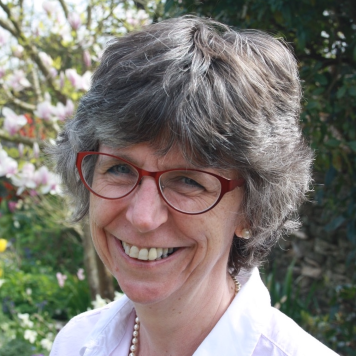

Sally Rumsey
Head of Scholarly Communications & RDM, Bodleian Libraries
Sally Rumsey (former Head of Scholarly Communications & RDM, Bodleian Libraries, University of Oxford) was the Libraries’ strategic lead for scholarly communications activities, including providing advice and writing University policies on aspects of open access. She use to oversee the university’s repository service for research outputs, Oxford University Research Archive ORA and ORA-Data. She liaised with Oxford researchers to explore their requirements for library support for Open Scholarship, and contributing to the Bodleian Libraries’ discussions around provision in this area. Sally represented the University on the LERU (League of European Universities) OA Info-Group. She is past chair of CASRAI-UK OA Group, a member of the Jisc Publications Router Community Advisory and Router-Symplectic Elements Interoperability Groups, and Convenor of the UKSCL Licence Choice Task Group. Sally now works at JISC.

Manuel Spitschan
University Research Lecturer in Psychology
Dr Manuel Spitschan was a University Research Lecturer and Sir Henry Wellcome Fellow at the Department of Experimental Psychology, University of Oxford. After reading psychology at the University of St Andrews (2012) and completing his PhD at the University of Pennsylvania (2016), he completed a postdoctoral fellowship in Psychiatry and Behavioral Sciences at Stanford University. He is also a Visiting Fellow at the Centre for Chronobiology in Basel. His research focuses on the effects of light and lighting on human physiology, behaviour, health and wellbeing, with a specific interest in integrating knowledge from visual and circadian neuroscience and making research robust and reproducible.
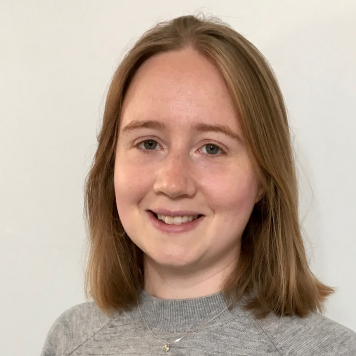

Lucy Taylor
DPhil Candidate in Zoology and Junior Research Fellow
Lucy Taylor is a Junior Research Fellow at Christ Church College, Oxford, based in the Oxford Tracking Group in the Department of Zoology. She is also a Research Associate of Save the Elephants.
Lucy’s main research interests centre around movement ecology, animal behaviour and human-wildlife interactions, particularly of African savannah elephants.
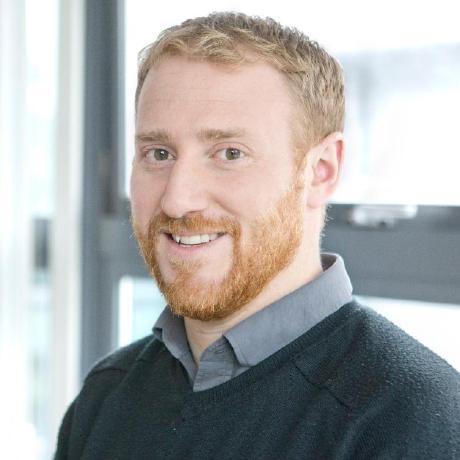
Paul Thompson
Post-doctoral Research Associate and Statistician
Paul is a statistician in Prof. Dorothy Bishop’s research group (OSCCI). His works covers a range of areas including: neuroimaging, RCTs, experimental design, genetics, and statistical method development. Paul is a Data Carpentry instructor and has taught at the BBSRC/Wellcome Trust funded ‘advanced methods for reproducible science’ residential courses (2018-2020). He also helped to organise the Oxford branch of Reproducibilitea Journal Clubs.
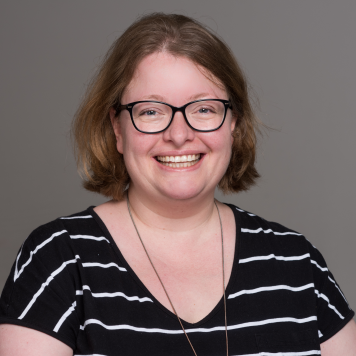

Amy Warner may
Associate Director of Scholarly Resources, Bodleian Libraries
Amy Warner May is the Associate Director of Scholarly Resources at the Bodleian Libraries, University of Oxford.